
Yoshua Bengio
Yoshua Bengio is recognized as one of the world’s leading experts in artificial intelligence and a pioneer in deep learning. Since 1993, he has been a professor in the Department of Computer Science and Operational Research at the Université de Montréal. CIFAR’s Learning in Machines & Brains Program Co-Director, he is also the founder and scientific director of Mila, the Quebec Artificial Intelligence Institute, the world’s largest university-based research group in deep learning. In 2019, he received the ACM A.M. Turing Award.

David Patterson
David Patterson is a professor of the graduate school at UC Berkeley, a Distinguished Engineer at Google, Vice-Chair of the Board of Directors of the RISC-V Foundation, and Director of the RIOS Lab. He received his BA, MS, and PhD degrees from UCLA. David’s most successful research projects were likely Reduced Instruction Set Computer (RISC), Redundant Array of Inexpensive Disks (RAID), and Network of Workstation (NOW). This research led to many papers and seven books, with the best known being Computer Architecture: A Quantitative Approach, co-authored by John L. Hennessy. His most recent book is The RISC-V Reader: An Open Architecture Atlas, co-authored by Andrew Waterman. He is a member of the U.S. National Academy of Engineering, the U.S. National Academy of Sciences, and the Silicon Valley Engineering Hall of Fame. His teaching was honored with the ACM Karlstrom Award and the IEEE Mulligan Medal. As a past president of ACM and a past Chair of CRA, he received Distinguished Service Awards from both. He served as General Chair of the Tapia Conference and received the Tapia Achievement Award for Scientific Scholarship, Civic Science, and Diversifying Computing. His most recent award is the ACM A.M Turing Award, shared with John L. Hennessy.

Stuart Russell
English computer scientist known for his contributions to artificial intelligence. He is a Professor of Computer Science at the University of California, Berkeley. He holds the Smith-Zadeh Chair in Engineering at University of California, Berkeley. He founded and leads the Center for Human-Compatible Artificial Intelligence (CHAI) at UC Berkeley. Russell is the co-author of the most popular textbook in the field of artificial intelligence: Artificial Intelligence: A Modern Approach used in more than 1,400 universities in 128 countries.

Toby Walsh
Toby Walsh is a leading researcher in Artificial Intelligence. He is a Laureate Fellow and Scientia Professor of Artificial Intelligence in the School of Computer Science and Engineering at UNSW Sydney, and he also leads the Algorithmic Decision Theory group at CSIRO Data61. He was named by the Australian newspaper as a "rock star" of Australia's digital revolution. He has been elected a fellow of the Australian Academy of Science, a fellow of the ACM, the Association for the Advancement of Artificial Intelligence (AAAI) and of the European Association for Artificial Intelligence. He has won the prestigious Humboldt research award as well as the NSW Premier's Prize for Excellence in Engineering and ICT, and the ACP Research Excellence award. He has previously held research positions in England, Scotland, France, Germany, Italy, Ireland and Sweden. He has played a leading role at the UN and elsewhere on the campaign to ban lethal autonomous weapons (aka "killer robots"). Toby Walsh regularly appears in the media talking about the impact of AI and robotics on society.

Jeff Hawkins
Jeffrey Hawkins is the American founder of Palm Computing and Handspring where he invented the PalmPilot and Treo, respectively. He has since turned to work on neuroscience full-time, founding the Redwood Center for Theoretical Neuroscience (formerly the Redwood Neuroscience Institute) in 2002 and Numenta in 2005. Hawkins is currently Chief Scientist at Numenta, where he leads a team in efforts to reverse-engineer the neocortex and enable machine intelligence technology based on brain theory. Hawkins is the author of On Intelligence which explains his memory-prediction framework theory of the brain. In March 2021, he released his second book, A Thousand Brains: A New Theory of Intelligence, which details the discoveries he and the Numenta team made that led to the Thousand Brains Theory of Intelligence.
Bart Selman
Bart Selman is a Dutch-American professor of computer science at Cornell University. He has previously worked at AT&T Bell Laboratories. He is also co-founder and principal investigator of the Center for Human-Compatible Artificial Intelligence (CHAI) at the University of California, Berkeley, led by Berkeley AI expert Stuart J. Russell, and co-chair of the Computing Community Consortium's 20-year roadmap for AI research.
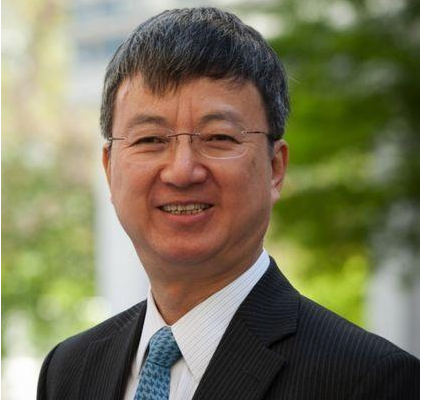
Min Zhu
Dr. Min Zhu is currently the Chairman of the National Institute of Financial Research at Tsinghua university,Vice Chairman of China Center for International Economic Exchanges, Sino-UK Professional and Financial Service Envoy for the Belt and Road Initiative. He is a member of the "14th Five-Year Plan" Expert Committee, a member of the Foreign Policy Advisory Committee of the Ministry of Foreign Affairs, and a member of the Expert Advisory Committee of the State Internet Information Office, a commissioner of Lancet Global COVID-19 Commission. He is also a Board Trustee of Fudan University, World Economic Forum, and Peterson Institute for International Economics. Dr. Zhu was a Deputy Managing Director at IMF from July 2011 to July 2016. Before that, Dr. Zhu was a Deputy Governor of the People’s Bank of China, and prior to his service at China’s Central Bank, he served as a Group Executive Vice President of the Bank of China. Dr. Zhu also worked at the World Bank and taught economics at both Johns Hopkins University and Fudan University. Dr. Zhu received his Ph.D and M.A. in economics from Johns Hopkins University, an M.P.A. from the Woodrow Wilson School of Public International Affairs at Princeton University, and a B.A. in economics from Fudan University. He was a Board Trustee of Princeton University, and International Council Member of Booth School of Chicago University. Dr. Zhu was awarded Distinguish Alumnus of Fudan University and Johns Hopkins University. He was also awarded China Economic Leader in 2014, Global Influential Chinese in 2015, CFV-10 year Global Financial Leader in 2016, and China Scholar of the year in 2018. In 2019, Dr. Zhu was shortlisted in the list of 40 returnees in the 40 years of China's reform and opening up and the list of 70 returnees in the 70 years since the founding of the People's Republic of China.
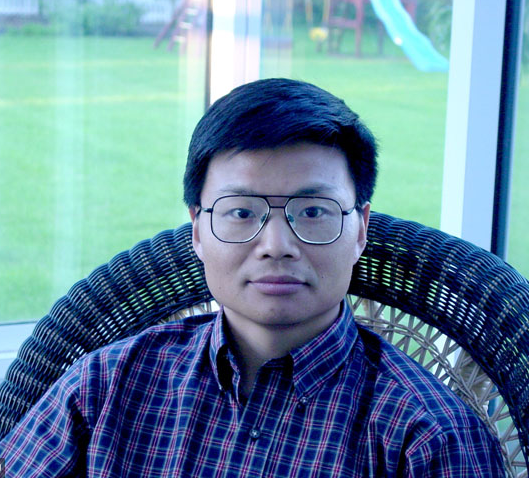
Weinan E
Weinan E is a Chinese mathematician. He is known for his work in applied mathematics and machine learning. His academic contributions include novel mathematical and computational results in stochastic differential equations; design of efficient algorithms to compute multiscale and multiphysics problems, particularly those arising in fluid dynamics and chemistry; and pioneering work on the application of deep learning techniques to scientific computing. In addition, he has worked on multiscale modeling and the study of rare events.
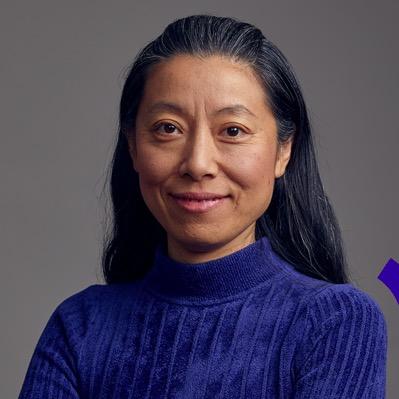
Dawn Song
Dawn Song is a Professor in the Department of Electrical Engineering and Computer Science at UC Berkeley. Her research interest lies in deep learning and security. She has studied diverse security and privacy issues in computer systems and networks, including areas ranging from software security, networking security, database security, distributed systems security, applied cryptography, to the intersection of machine learning and security. She is the recipient of various awards including the MacArthur Fellowship, the Guggenheim Fellowship, the NSF CAREER Award, the Alfred P. Sloan Research Fellowship, the MIT Technology Review TR-35 Award, the George Tallman Ladd Research Award, the Okawa Foundation Research Award, the Li Ka Shing Foundation Women in Science Distinguished Lecture Series Award, the Faculty Research Award from IBM, Google and other major tech companies, and Best Paper Awards from top conferences. She obtained her Ph.D. degree from UC Berkeley. Prior to joining UC Berkeley as a faculty, she was an Assistant Professor at Carnegie Mellon University from 2002 to 2007.

Hongjiang Zhang
Dr. Hongjiang ZHANG is currently the Chairman of Beijing Academy of Artificial Intelligence (BAAI), Venture Partner at Sourcecode Capital. He previously served as CEO of Kingsoft Software, CTO of Microsoft Asia-Pacific Research and Development Group and the Managing Director of the Microsoft Advanced Technology Center. He was also an Assistant Managing Director and a founding member of Microsoft Research Asia and was one of the 10 Microsoft Distinguished Scientists. Dr. Zhang is a Fellow of both the Institute of IEEE and ACM, and was the recipient of the 2010 IEEE Computer Society Technical Achievement Award, 2012 ACM SIGMM Outstanding Technical Achievement Award, and the winner of 2008 Asian-American Engineer of the Year Award. He has published nearly 400 academic papers and edited several academic books. He was selected as one of the top 1,000 scientists in computer science and electronics for 2019 in the world by Guide2research, ranking first among mainland Chinese scholars.

Tiejun Huang
Tiejun Huang, Professor of School of Information Science and Technology of Peking University, Director of Beijing Academy of AI (BAAI), China Computer Federation (CCF) Fellow, Fellow of Chinese Association for AI (CAAI). He was selected as National Outstanding Youth, Yangtze River Scholar and Leading Talent of Science and Technology Innovation in the Ten Thousand Talents Program. His research focused on visual information processing and brain-like intelligence. He has made important contributions to high-efficiency video coding standards and visual big data analysis and processing technology systems. He proposed an impulse vision model and developed ultra-high-speed impulse vision chips and systems. He has Published more than 300 academic papers. As the main drafter, HE formulated more than 20 national standards, international standards and IEEE standards. He has authorized more than 100 Chinese and international invention patents. He won the second prize of National Technological Invention (2017, Preface 1) and the second prize of National Science and Technology Progress Award twice (2012 Preface 2, 2010 Preface 4).
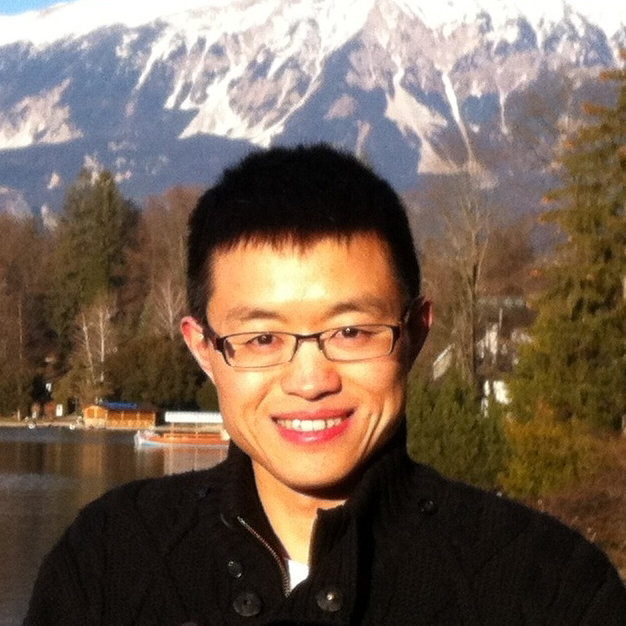
Jie Tang
Jie Tang, full Professor of Tsinghua University, Deputy Director of BAAI. He obtained his Ph.D. in DCST of Tsinghua University in 2006. His research interests include artificial intelligence, data mining, social networks, machine learning and knowledge graph, with an emphasis on designing new algorithms for mining social and knowledge networks.

Carla Gomes
Carla Gomes is the Ronald C. and Antonia V. Nielsen Professor of Computing and Information Science and the director of the Institute for Computational Sustainability at Cornell University. Gomes received a Ph.D. in computer science in the area of artificial intelligence from the University of Edinburgh. Her research area is Artificial Intelligence with a focus on large-scale constraint reasoning, optimization, and machine learning. Recently, Gomes has become deeply immersed in research on scientific discovery for a sustainable future and more generally in research in the new field of Computational Sustainability. Computational Sustainability aims to develop computational methods to help solve some of the key challenges concerning environmental, economic, and societal issues in order to help put us on a path towards a sustainable future. Gomes is the lead PI of an NSF Expeditions in Computing award Gomes has (co-)authored over 150 publications, which have appeared in venues spanning Nature, Science, and a variety of conferences and journals in AI and Computer Science, including five best paper awards. Gomes is the recipient of the Association for the Advancement of Artificial Intelligence (AAAI) Feigenbaum Prize (2021) for “high-impact contributions to the field of artificial intelligence, through innovations in constraint reasoning, optimization, the integration of reasoning and learning, and through founding the field of Computational Sustainability, with impactful applications in ecology, species conservation, environmental sustainability, and materials discovery for energy.” Gomes is a Fellow of the Association for the Advancement of Artificial Intelligence (AAAI), a Fellow of the Association for Computing Machinery (ACM), and a Fellow of the American Association for the Advancement of Science (AAAS).

Peter Dayan
Peter Dayan is director at the Max Planck Institute for Biological Cybernetics in Tübingen, Germany. He is co-author of Theoretical Neuroscience, an influential textbook on computational neuroscience. He is known for applying bayesian methods from machine learning and artificial intelligence to understand neural function and is particularly recognized for relating neurotransmitter levels to prediction errors and Bayesian uncertainties. He has pioneered the field of reinforcement learning (RL) where he helped develop the Q-learning algorithm, and made contributions to unsupervised learning, including the wake-sleep algorithm for neural networks and the Helmholtz machine.
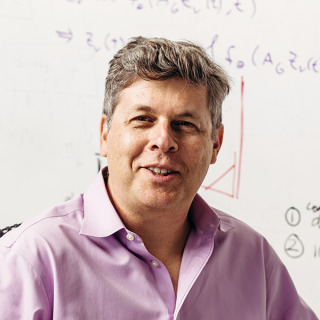
Oren Etzioni
Dr. Oren Etzioni is Chief Executive Officer at AI2. He is Professor Emeritus, University of Washington as of October 2020 and a Venture Partner at the Madrona Venture Group since 2000. His awards include Seattle's Geek of the Year (2013), and he has founded or co-founded several companies, including Farecast (acquired by Microsoft). He has written over 100 technical papers, as well as commentary on AI for The New York Times, Wired, and Nature. He helped to pioneer meta-search, online comparison shopping, machine reading, and Open Information Extraction.
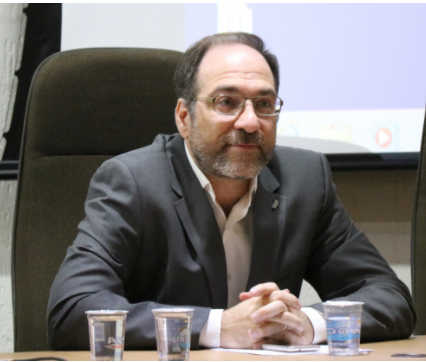
Fabio Cozman
Fabio G. Cozman is a Full Professor at Universidade de São Paulo (USP), Director of the Center for Artificial Intelligence at USP, with an interest in machine learning and knowledge/uncertainty representation. Engineer (USP) and PhD (Carnegie Mellon University, USA), he has served, amongst other duties, as Program and General Chair of the Conference on Uncertainty in Artificial Intelligence, Area Chair of the International Joint Conference on Artificial Intelligence, and Associate Editor of the Artificial Intelligence Journal, the Journal of Artificial Intelligence Research, and the Journal of Approximate Reasoning. He chaired the Special Committee on Artificial Intelligence of the Brazilian Computer Society, and received the Prize for Scientific Merit in Artificial Intelligence by that society.
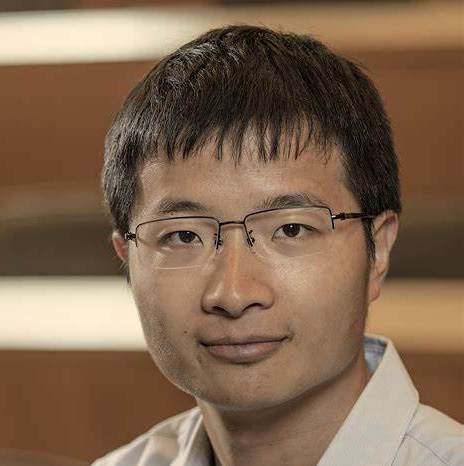
Weijie Su
Weijie Su is an Assistant Professor in the Wharton Statistics Department and in the Department of Computer and Information Science, at the University of Pennsylvania. He is a co-director of Penn Research in Machine Learning. Prior to joining Penn, he received his Ph.D. from Stanford University in 2016 and his bachelor’s degree from Peking University in 2011. His research interests span machine learning, optimization, privacy-preserving data analysis, and high-dimensional statistics. He is a recipient of the Stanford Theodore Anderson Dissertation Award in 2016, an NSF CAREER Award in 2019, and an Alfred Sloan Research Fellowship in 2020.
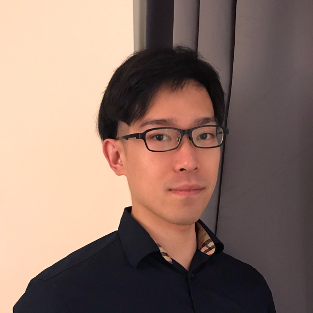
Chao Ma
Chao Ma is a Szego Assistant Professor at the Department of Mathematics of Stanford University. Before joining Stanford, Chao got his PhD from the Program in Applied and Computational Mathematics in Princeton University in 2020, advised by Prof. Weinan E. In 2016, he received bachelor's degree in mathematics from Peking University. Chao's research focuses on building mathematical foundation for deep learning, in particular the optimization dynamics and the generalization performance of deep neural network models. He is also interested in the application of deep learning methods to scientific computing problems.

Wendy Hall
Dame Wendy Hall, DBE, FRS, FREng is Regius Professor of Computer Science, Pro Vice-Chancellor (International Engagement) at the University of Southampton, and is Executive Director of the Web Science Institute. She became a Dame Commander of the British Empire in the 2009 UK New Year's Honours list, and is a Fellow of the Royal Society. She is a member of the World Economic Forum’s Global Futures Council on the Digital Economy, and was co-Chair of the UK government’s AI Review, which was published in October 2017.
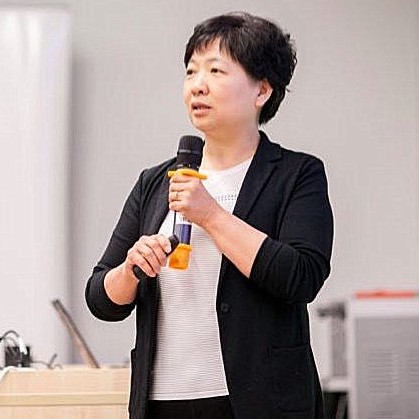
Juanzi Li
Juanzi Li, professor of Department of Computer Science at Tsinghua University. Director of Technical Committee on Computational Linguistics, Chinese Information Processing Society of China. Research interests are semantic Web, news mining, and cross-language knowledge mapping.

Katya Scheinberg
Katya Scheinberg is a Professor and Director of Graduate Studies at the School of Operations Research and Information Engineering at Cornell University. Katya’s main research areas are related to developing practical algorithms (and their theoretical analysis) for various problems in continuous optimization, such as convex optimization, derivative free optimization, machine learning, quadratic programming, etc. In 2015, jointly with Andy Conn and Luis Vicente, she received the Lagrange Prize awarded jointly by SIAM and MOS. In 2019 she was awarded the Farkas Prize by Informs Optimization Society.
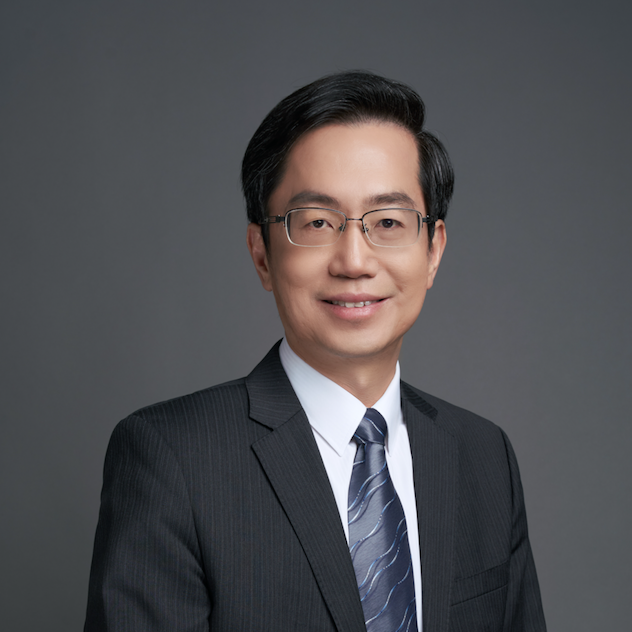
Weiying Ma
Dr. Weiying Ma is currently the Chief Scientist at Institute for AI Industry Research, Tsinghua University. He has published over 270 papers on international conferences and academic journals, holds 160-plus technological patents. He is named an IEEE Fellow and ACM Distinguished Scientist. He was previously an editor board member of ACM/Springer Journal on Multimedia Systems and the vice editor-in-chief of ACM Transactions on Information System (TOIS). On July 1, 2018, he was ranked 86 on the list of TOP 100 industrial scientists.
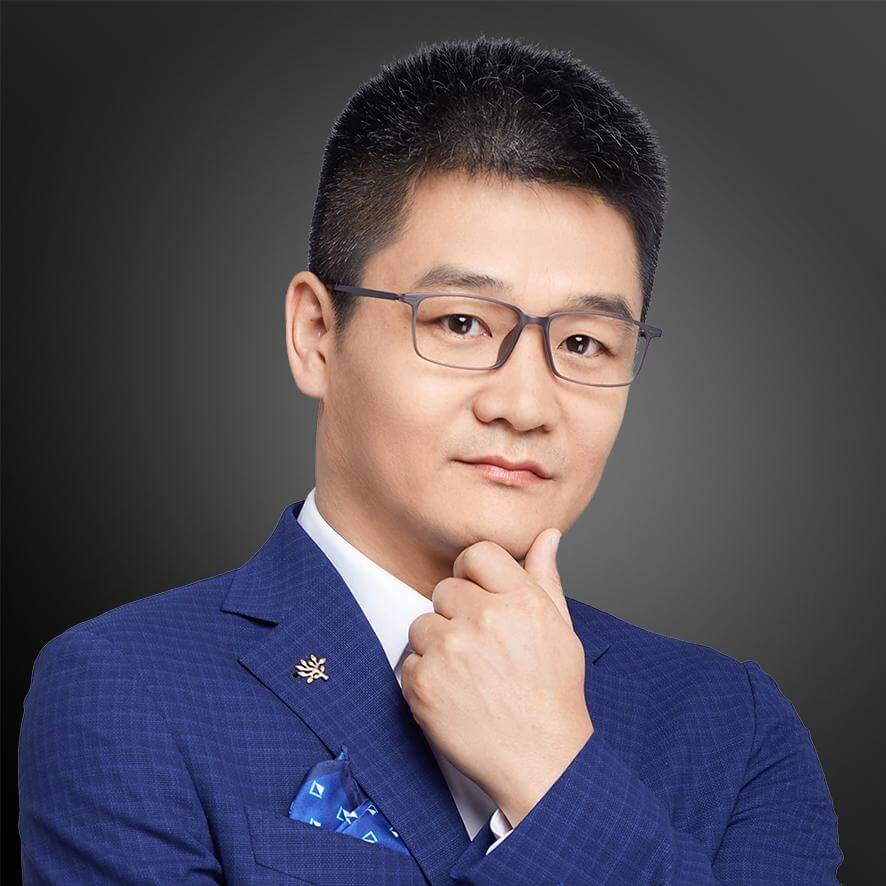
Shiguang Shan
Shiguang Shan is now a full Professor of the Institute of Computing Technology at Chinese Academy of Sciences (CAS) and deputy director of the Key Lab of Intelligent Information Processing of CAS. His research interests cover computer vision, pattern recognition, and machine learning (deep learning). He especially focuses on face recognition-related research topics and machine learning with little data or weakly-supervised data. He has published more than 200 papers in refereed journals and proceedings in the areas of computer vision and pattern recognition. He is a recipient of China’s State Natural Science Award in 2015, and China’s State S&T Progress Award in 2005 for his research work.
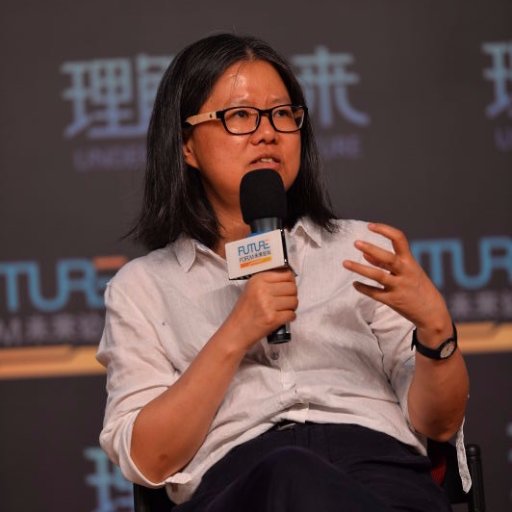
Zhaoping Li
Zhaoping Li graduated from Fudan University in Shanghai in 1984 with a bachelor degree in Physics. During 1984 to 1989, she did her Ph.D. study in Physics in California Institute of Technology. Her Ph.D. supervisor was John J Hopfield. She was a postdoctoral researcher in Fermi National Laboratory in Batavia, Illinois USA, Institute for Advanced Study in Princeton New Jersey, USA, and Rockefeller University in New York USA. She has been a faculty member in Computer Science in Hong Kong University of Science and Technology, and was a visiting scientist at various academic institutions. In 1998, she co-founded the Gatsby Computational Neuroscience Unit with her colleagues in University College London. From Oct. 2018, she is a professor in University of Tuebingen and the head of the Department of Sensory and Sensorimotor Systems at the Max Planck Institute for Biological Cybernetics in Tuebingen, Germany.

Will Knight
Will Knight is a senior writer for WIRED, where he writes about artificial intelligence. He was previously a senior editor at MIT Technology Review, covering fundamental advances in AI, robotics, and China's AI boom.
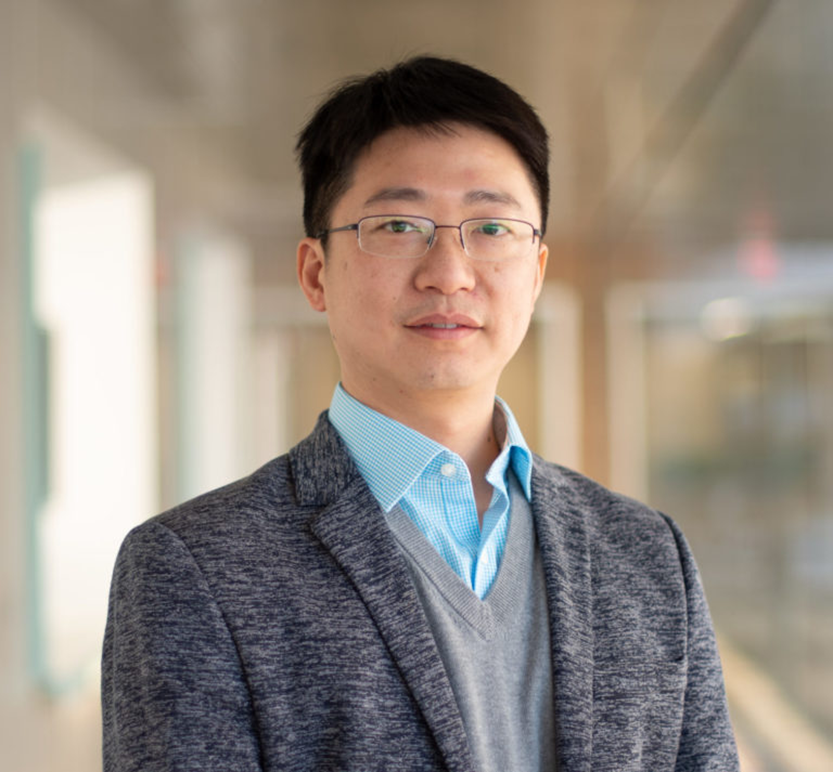
Lei Ying
Lei Ying a Professor at the Electrical Engineering and Computer Science Department of the University of Michigan, Ann Arbor, and an Associate Editor of the IEEE Transactions on Information Theory. His research is broadly in the interplay of complex stochastic systems and big-data, including reinforcement learning, large-scale communication/computing systems for big-data processing, private data marketplaces, and large-scale graph mining.
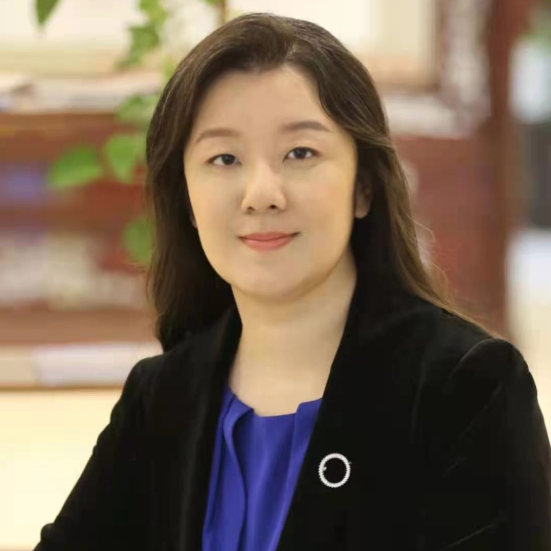
Jia Jia
Dr. Jia Jia is an associate professor in the Department of Computer Science and Technology, Tsinghua University. She received her Ph.D. degree from Tsinghua University in 2008. Her main research interest is social affective computing and human-computer speech interaction. She currently serves as secretary-general of the Professional Committee of Speech in Chinese Information Processing Society.
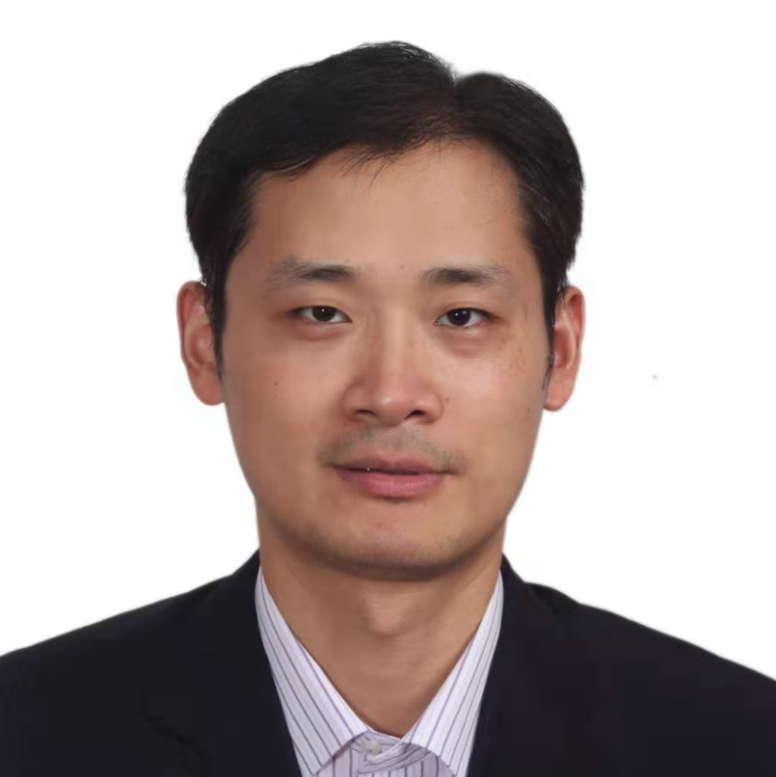
Xin Xu
Xin Xu, Professor and Director of the Department of Intelligence Science and Technology, National University of Defense Technology, the recipient of the National Science Foundation for Distinguished Young Scholars. His main research area is machine learning and autonomous control for robots and intelligent unmanned systems. He is the board member of the Chinese Association for Artificial Intelligence, the deputy director of the Unmanned Systems Technical Committee of the Chinese Institute of Command and Control, and a senior member of IEEE. He has won 1 second prize of National Natural Science Award, 2 first prizes of Hunan Provincial Natural Science Award, and 1 first prize of Hunan Provincial Natural Science Excellent Paper Award. He has presided over more than 10 national projects, including two NSFC key projects. He has published 2 monographs and more than 170 papers. His representative papers have been published in IEEE TNNLS, IEEE TSMC: Systems, IEEE TPAMI, J. AI Research, Information Sciences, J of Filed Robotics, IEEE TCST, IEEE TITS, IEEE T-IE, IEEE/ASME T-Mechatronics and other journals, including more than 80 SCI papers. He is the Associate Editor of IEEE Transactions on SMC: Systems, Information Sciences, International Journal of Robotics and Automation, the Associate Editors-in-Chief of CAAI Transactions on Intelligence Technology and Editorial Board Member of Journal of Control Theory and Applications.
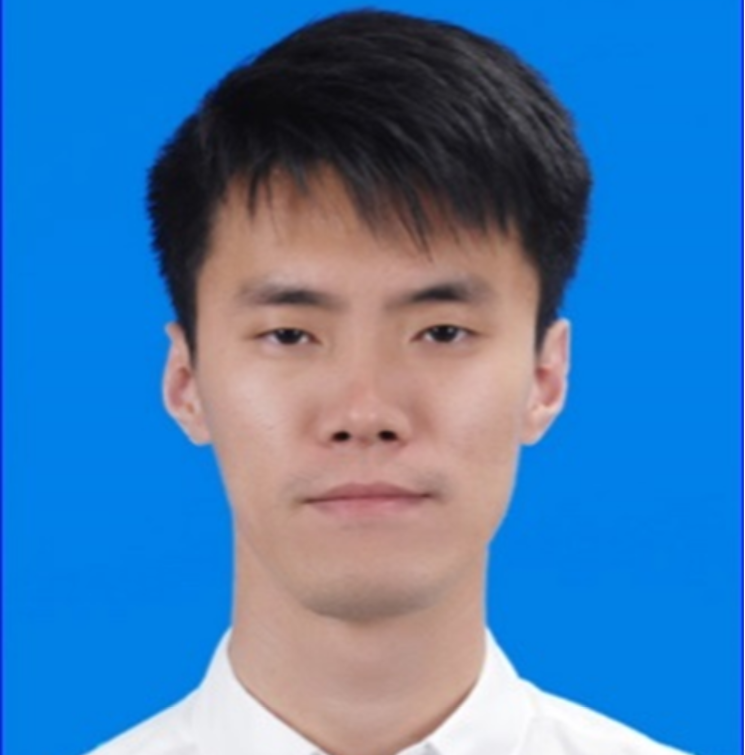
Jianye Hao
Dr. Jianye Hao is currently working at Huawei Noah's Ark Lab as the director of Decision-making and Reasoning Lab. His research area focuses on reinforcement learning and multiagent systems. Dr. Hao has published over 100 peer-reviewed papers in top conferences and journals and won a number of best paper awards such as ASE2019, DAI2019 and CoRL2020. His research has been successfully applied in various domains such as Game AI, E-commerce recommendation, network optimization and so on.
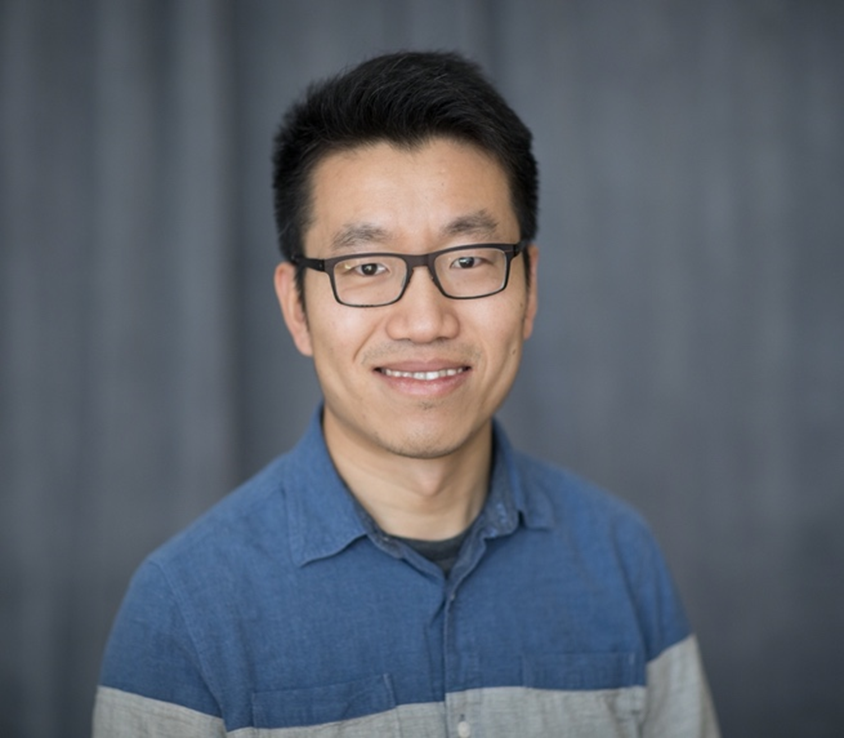
Tony Qin
Tony Qin is Principal Research Scientist and Director of the Decision Intelligence group at DiDi AI Labs, working on core problems in ridesharing marketplace optimization. Prior to DiDi, he was a research scientist in supply chain and inventory optimization at Walmart Global E-commerce.Tony received his Ph.D. in Operations Research from Columbia University. His research interests span optimization and machine learning, with a particular focus in reinforcement learning and its applications in operational optimization, digital marketing, and smart transportation. He has published in top-tier conferences and journals in machine learning and optimization and served as Program Committee of NeurIPS, ICML, AAAI, IJCAI, KDD, and a referee of top journals including PAMI and JMLR.He and his team received the INFORMS Daniel H. Wagner Prize for Excellence in Operations Research Practice in 2019 and were selected for the NeurIPS 2018 Best Demo Awards.Tony holds more than 10 US patents in intelligent transportation, supply chain, and recommendation systems.

Zhaoran Wang
Zhaoran Wang is an assistant professor at Northwestern University, working at the interface of machine learning, statistics, and optimization. He is the recipient of the AISTATS (Artificial Intelligence and Statistics Conference) notable paper award, ASA (American Statistical Association) best student paper in statistical learning and data mining, INFORMS (Institute for Operations Research and the Management Sciences) best student paper finalist in data mining, Microsoft Ph.D. Fellowship, Simons-Berkeley/J.P. Morgan AI Research Fellowship, Amazon Machine Learning Research Award, and NSF CAREER Award.
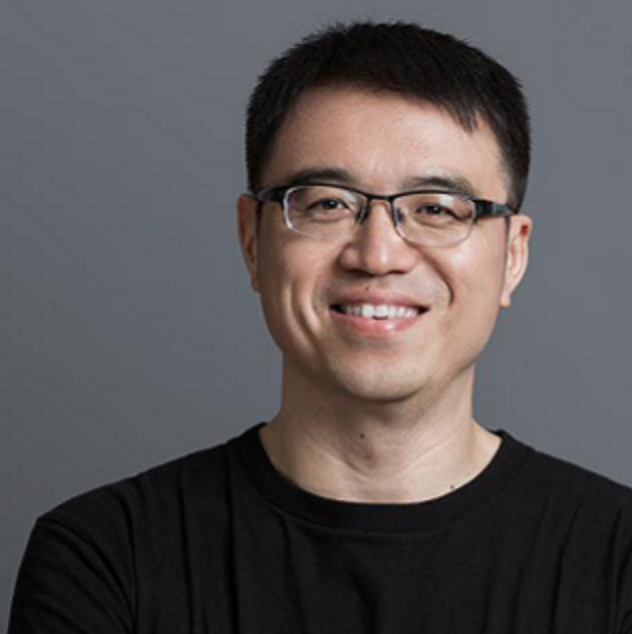
Jian Sun
Jian Sun now works at MEGVII Technology (also known as Face++, in July, 2016) as Chief Scientist and Managing Director of Research. He received a B.S., M.S., and a Ph.D. degree from Xian Jiaotong University in 1997, 2000 and 2003, respectively. Immediately following, he joined Microsoft Research Asia, and has been working in the fields of computer vision and computer graphics, with particular interests in solving fundamental research problems and building real-world working systems. His primary research interests are computational photography and deep learning based image understanding.
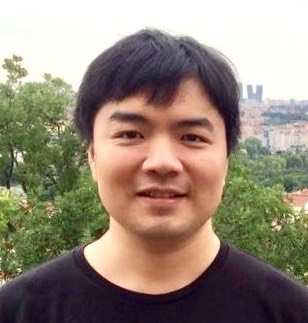
Jian Ma
He is a Professor (with tenure) in the Computational Biology Department (with an Affiliated Faculty appointment in the Machine Learning Department) within the School of Computer Science at Carnegie Mellon University. He joined Carnegie Mellon in January 2016. He has received the following awards, including, among others, being named "Tomorrow's PI" by Genome Technology (2011), a National Science Foundation CAREER award (2011), and a Guggenheim Fellowship (2020).

Tieyan Liu
Tie-Yan Liu is an assistant managing director of Microsoft Research Asia, leading the machine learning research area. He is a fellow of the IEEE and a distinguished member of the ACM. He is an adjunct professor at Carnegie Mellon University (CMU), Tsinghua University (THU), Nankai University, and University of Science and Technology of China (USTC), and an honorary professor at Nottingham University. As a researcher in an industrial lab, Tie-Yan is making his unique contributions to the world. On one hand, many of his technologies have been transferred to Microsoft’s products and online services, such as Bing, Microsoft Advertising, Windows, Xbox, and Azure. On the other hand, he has been actively contributing to the academic community.
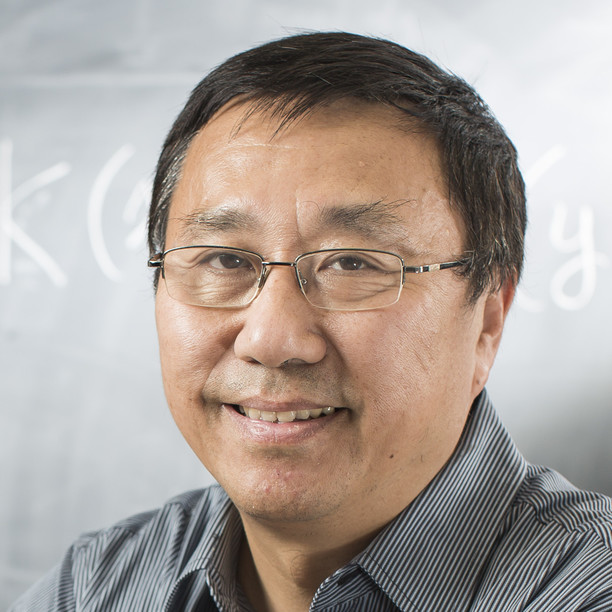
Ming Li
Ming Li is a Canadian computer scientist, known for his fundamental contributions to Kolmogorov complexity, bioinformatics, machine learning theory, and analysis of algorithms. Li is currently a professor of Computer Science at the David R. Cheriton School of Computer Science at the University of Waterloo.
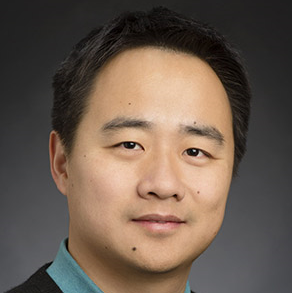
Jian Peng
Jian Peng has been an associate professor of computer science at UIUC since 2015. Before joining Illinois, Jian was a postdoc at CSAIL at MIT and a visiting scientist at the Whitehead Institute for Biomedical Research. He obtained his Ph.D. in Computer Science from Toyota Technological Institute at Chicago in 2013. His research interests include bioinformatics, cheminformatics, and machine learning. Algorithms developed by Jian and his co-workers were successful in several scientific challenges, including the Critical Assessment of Protein Structure Prediction (CASP) competitions and a few DREAM challenges on translational medicine and pharmacogenomics. Recently, Jian has received the Overton Prize, an NSF CAREER Award, a PhRMA Foundation Award, and an Alfred P. Sloan Research Fellowship.
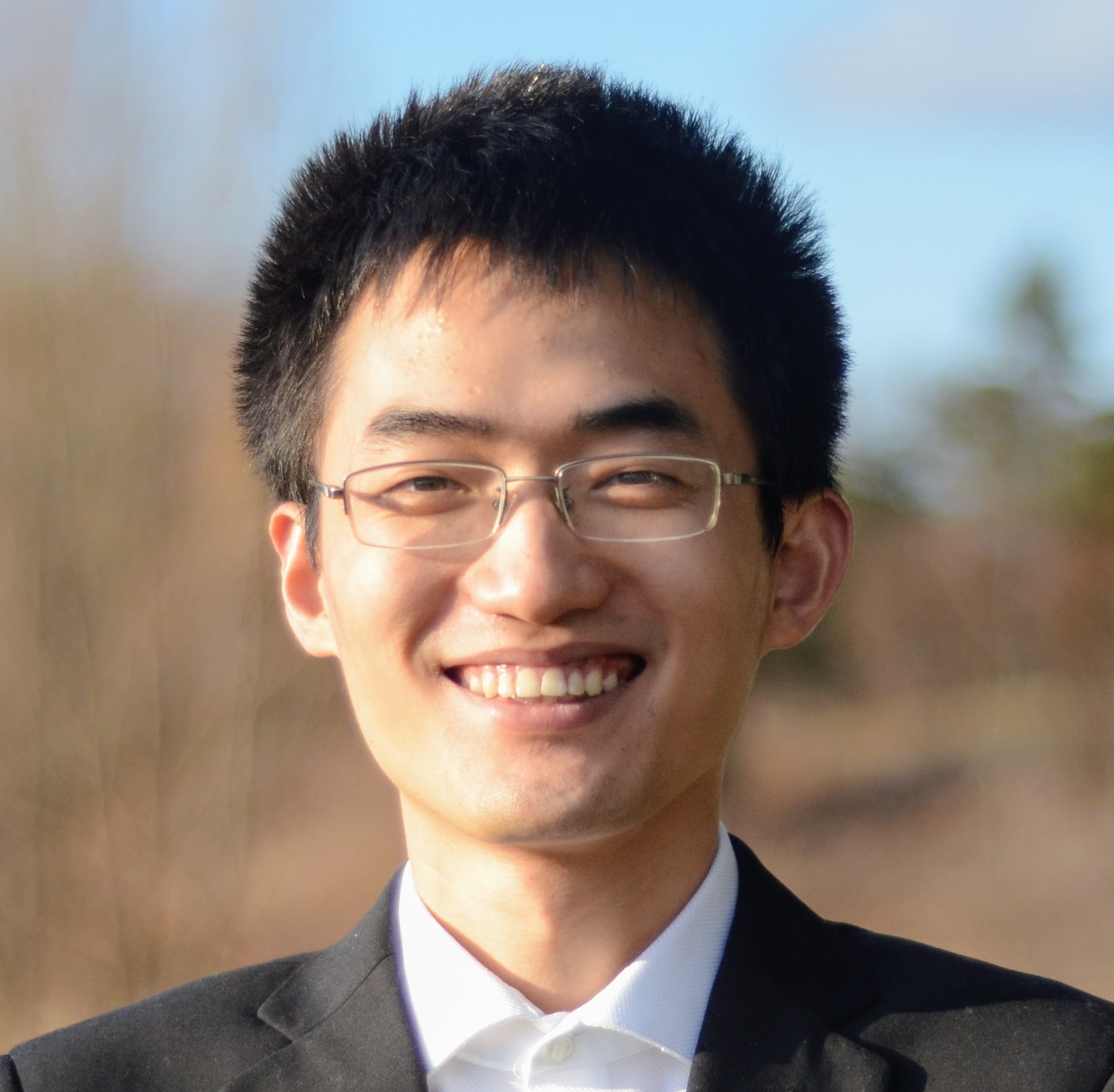
Yang Yuan
Yang Yuan is Assistant Professor at Tsinghua University. He did his PhD at Computer Science Department at Cornell University. I was very fortunate to have Professor Robert Kleinberg as my advisor. He also spent one year as a postdoctoral associate at MIT Institute for Foundations of Data Science (MIFODS), advised by Professor Piotr Indyk and Professor Aleksander Mądry. Yang Yuan's main research focus are intelligent medical care, AI interpretability, and large-scale AI systems.

Jun Yan
Dr. Jun Yan received his Ph.D. in Information Science from the School of Mathematics, Peking University in 2006. He received the title of Microsoft Outstanding Scholar in 2004 (15 people in Asia each year). From April 2005 to the beginning of 2006, he was a research assistant at Harvard University Medical School, and then Joined Microsoft Research Asia in July 2006. He is a senior researcher at Microsoft Research Asia and the head of the enterprise intelligence and data mining group. His research interests include knowledge mining in artificial intelligence, knowledge-based machine learning, text processing technology, information retrieval, Internet advertising, etc. He joined AI medicare company Yiducloud in 2017 as Chief Scientist and director of the big data and artificial intelligence laboratory.

Qi Tian
Qi Tian is now Chief Scientist at Huawei Cloud Artificial Intelligence. He was a full professor in the Department of Computer Science at the University of Texas at San Antonio and a Chair professor at Tsinghua University. He was elected IEEE Fellow in 2016.
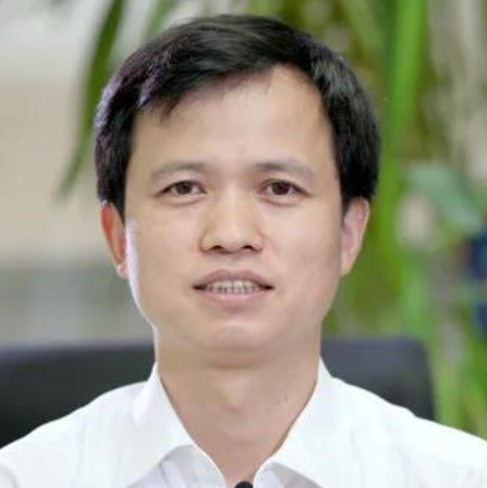
胡事民
主要研究方向为计算机图形学、虚拟现实、智能信息处理和系统软件等。2002年获国家杰出青年基金资助,2006-2015年担任两期国家973计划项目首席科学家,2007年入选教育部长江学者特聘教授,2013年入选国家“万人计划”科技领军人才,2016年起担任国家自然科学基金委创新研究群体学术带头人。在ACM TOG/SIGGRAPH、IEEE CVPR等重要刊物和国际会议上发表论文100余篇。现为中国计算机学会副理事长,并担任Computational Visual Media主编和CAD等多个期刊编委。
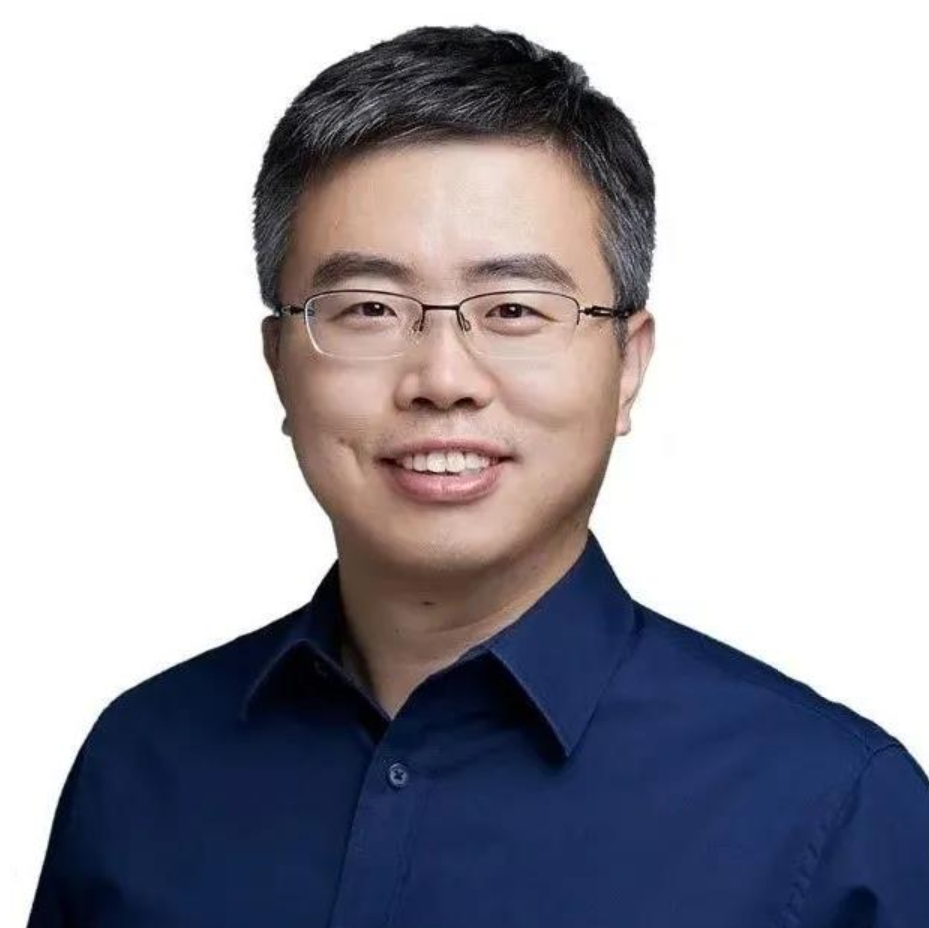
Jinhui yuan
2008年7月自清华大学计算机系获得工学博士学位,获得清华大学优秀博士学位论文奖,前MSRA(微软亚洲研究院)研究员,360搜索早期成员。曾开发鹰眼系统,被中国国家队作为日常训练辅助系统,2013-2016年,其在MSRA从事大规模机器学习平台研发工作,2014年其研发出当时世界上最快的主题模型训练算法和系统LightLDA,被应用于微软在线广告系统。曾在计算机视觉及多媒体领域顶级会议上发表多篇论文。
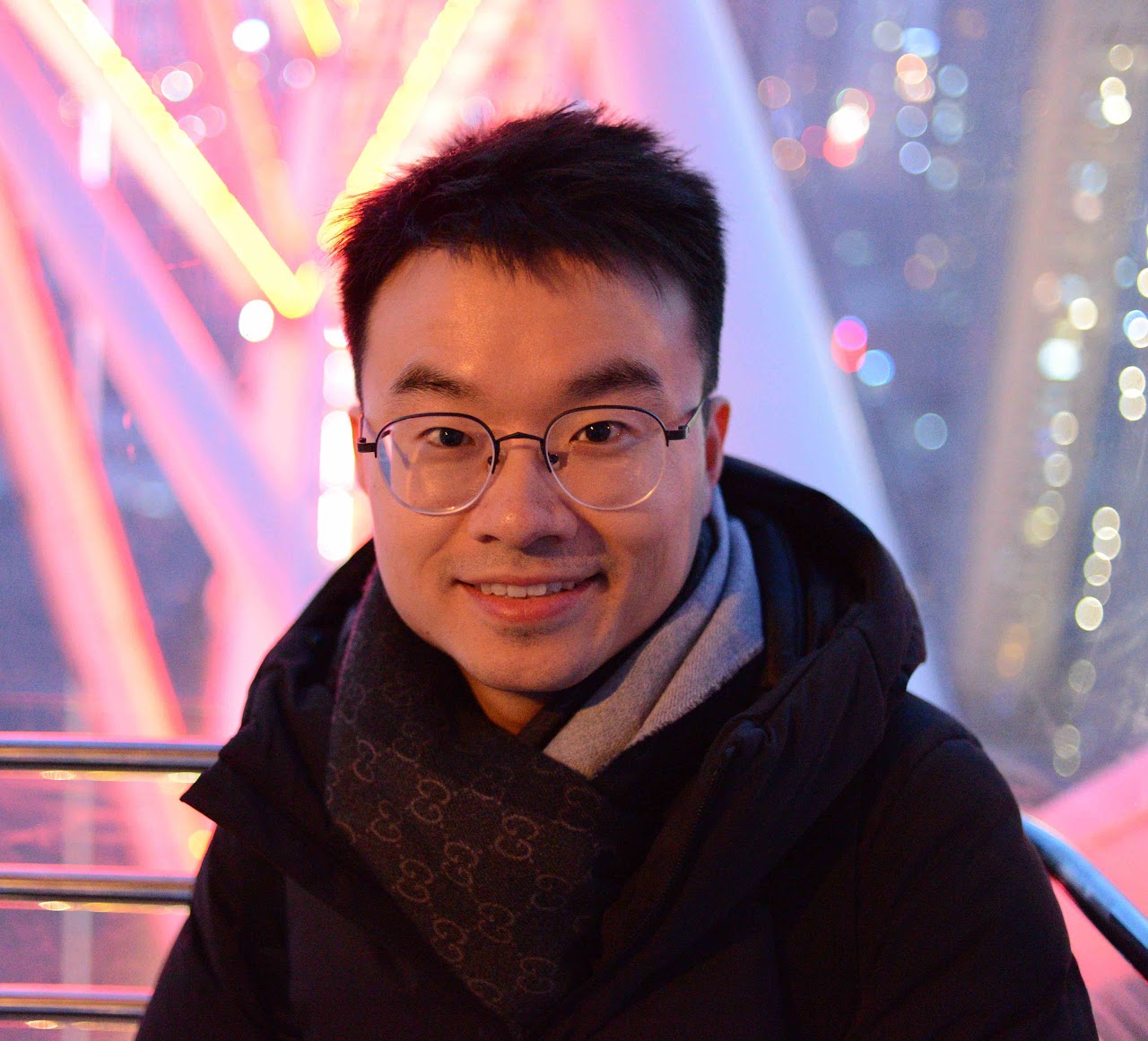
Xiaohua Zhai
Xiaohua Zhai is a staff researcher at Google Brain. Before that, he received his Ph.D degree in Computer Science from Peking University in 2014, and Bachelor degree from Nanjing University in 2009. He is working on deep learning and computer vision, with particular interest in representation learning, transfer learning, self-supervised learning, generative models, and cross-modal perception.
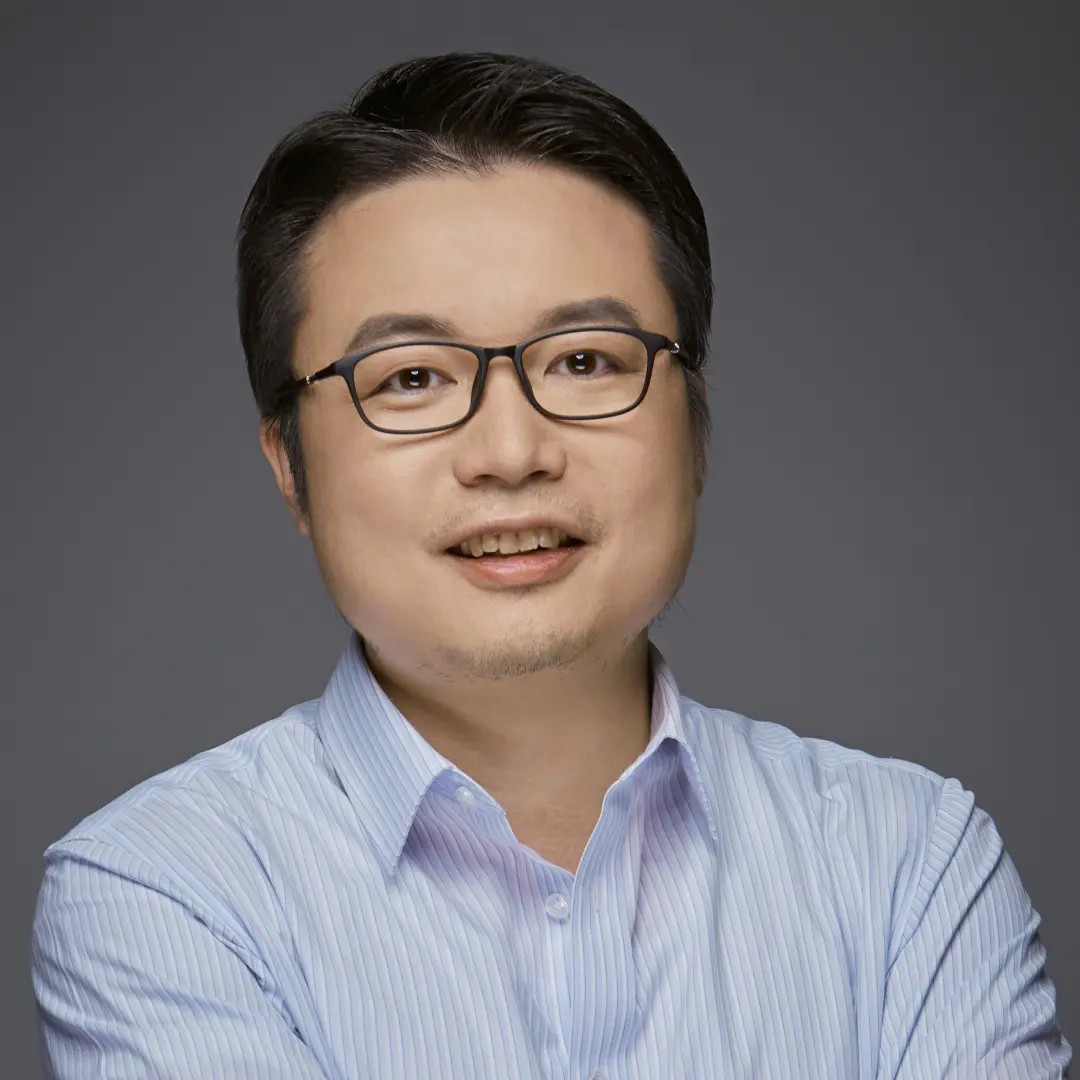
Xiaoguang Hu
2015年带领团队上线全球首个基于深度学习的在线翻译引擎;现负责飞桨核心框架应用开发,包括大量前沿的模型算法库的研发,致力于打造最好用的深度学习平台,服务广大AI开发者。

Wei Lin
十五年大数据超大规模分布式系统经验,负责阿里巴巴大数据MaxCompute和机器学习PAI平台整体设计和构架,推动MaxCompute2.0,以及PAI2.0、PAI3.0的演进。加入阿里之前是微软大数据Cosmos/Scope的核心成员,在微软研究院做分布式系统方面的研究,分别致力于分布式NoSQL存储系统PacificA、分布式大规模批处理Scope、调度系统Apollo、流计算StreamScope以及ScopeML分布式机器学习的工作。在ODSI、NSDI、SOSP、SIGMOD等系统领域顶级会议发表十余篇论文。
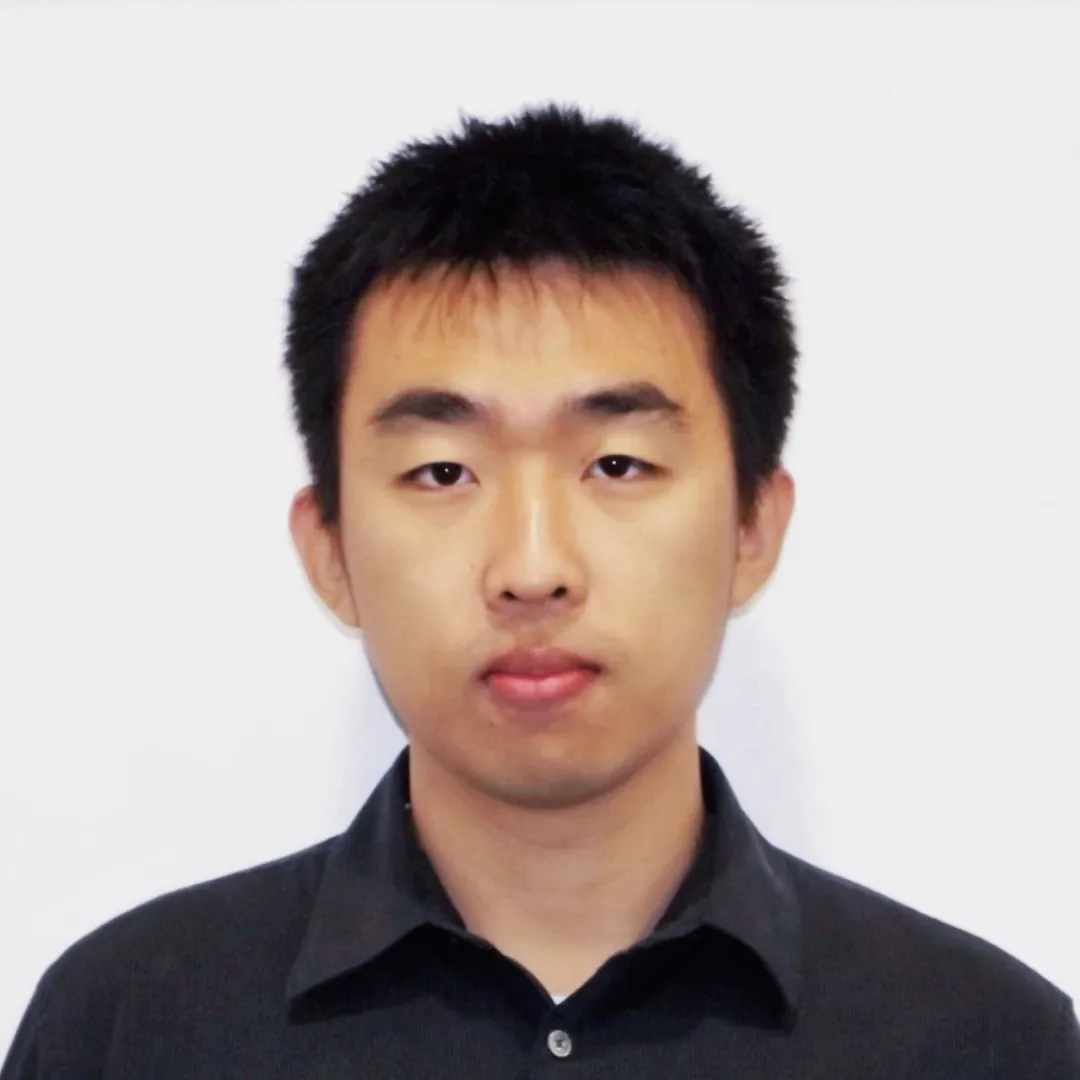
Zhihao Jia
目前是Facebook研究员,将于2021年秋加入卡内基梅隆大学担任计算机科学助理教授。他在斯坦福大学获得计算机科学博士学位。研究兴趣主要为计算机系统和机器学习的交叉领域,致力于构建高效、可扩展和高性能的机器学习计算系统。

Bengang Hu
美国Puerto Rico大学物理学硕士学位。曾担任国家开发银行信息总监、专家委员会副主任,曾任美国花旗集团、JP摩根大通银行等多家知名公司高级职务,是国家从海外引进的优秀人才,熟悉国家产业政策和金融工作。2009年1月被聘任为国务院参事。

Huifeng Sun
上奇创始人兼董事长,兼任北京智源人工智能研究院创新中心主任,工业和信息化部运行局特聘专家,中国计算机行业协会副秘书长,中信基金会资深咨询委员,数字经济投融资联盟特聘专家,清华大学,北京交通大学兼职教授。历任工信部下属上市公司赛迪顾问(HK08235)副总裁、总裁等职。
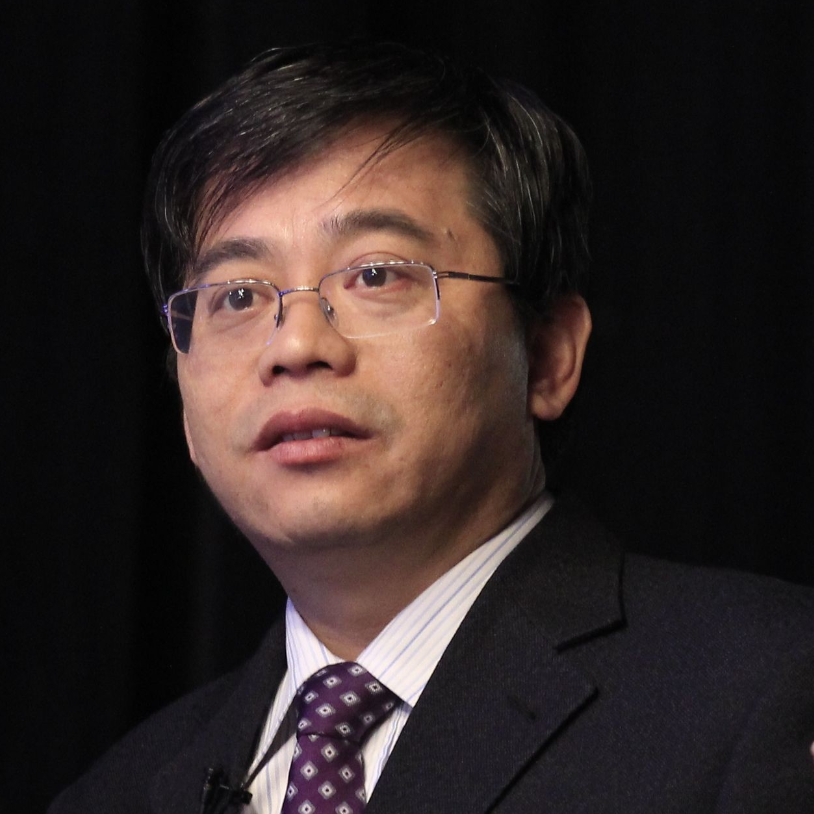
Benfu lv
中国科学院大学经管学院教授、博士生导师,网络经济专家。2000年在中国社会科学院研究生院获博士学位,2006至2012年任国科大经管学院副院长。学术和社会兼职:国务院反垄断委员会专家组成员、国家创新与发展战略研究会副会长、信息社会50人论坛成员、中国信息化百人会成员。 吕本富也是国内电视节目的财经评论嘉宾,参与央视《对话》和《财经评论》近100期的节目策划和评论。主要研究领域:网络经济和网络空间战略、创新创业管理、管理智慧与谋略。在国内外期刊上发表论文100多篇出版图书3部。
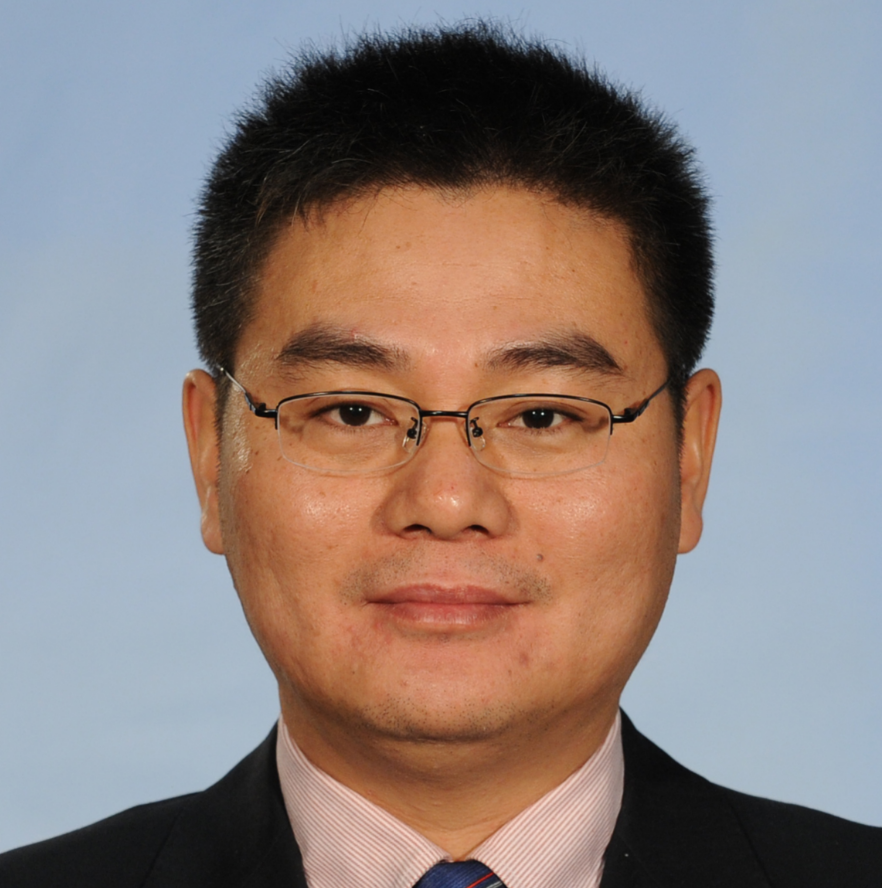
Lijun zhu
朱礼军博士,研究员,中国科学技术信息研究所国家科技信息资源综合利用与公共服务中心常务副主任,美国SCIP竞争情报学会会员,2016年湖北楚天学者。主持国家十二五科技科技支撑计划课题”面向外文科技知识组织体系的大规模语义计算关键技术研究”,国家重点研发计划项目“人类遗传资源样本库管理平台”课题执行负责人。在知识管理及科技信息服务情报领域,针对民生银行、一汽、中国铝业、化工信息中心、钢铁研究院、南山集团、南方电网、华大基因、石药集团等大型企业,组织开展咨询和技术服务。被SCI、SSCI和EI收录的论文共18篇,中文核心期刊论文12篇。正式出版的编著及工具书共5部。

Ruihua Song
Ruihua Song is now associate professor at Gaoling School of Artificial Intelligence, Renmin University of China. She obtained Ph. D. degree in Computer Science at Shanghai Jiaotong University. She joined Microsoft Research Asia in 2003, with focus on information retrieval and mining, recommendation and text generation. She then joined Microsoft Xiaoice team as chief scientist in July 2020. In September 2020, Dr. Song joined the Gaoling School of Artificial Intelligence at Renmin University of China as an associate professor. Her recent research interests include AI text creation, multimodal understanding of natural language, and multimodal dialogue systems.

Joshua Gans
Joshua Gans is a Professor of Strategic Management and the Jeffrey S. Skoll Chair of Technical Innovation and Entrepreneurship at the Rotman School of Management at the University of Toronto. He has been involved in antitrust regulatory and intellectual property consulting for 20 years.
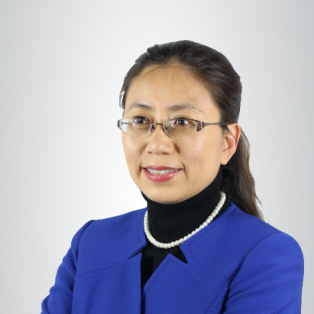
Ginger Jin
Ginger Zhe Jin received her PhD in 2000 and is currently Professor of Economics at the University of Maryland, College Park. In 2015-2017, she was on leave at the Federal Trade Commission, serving as the Director of the FTC Bureau of Economics from January 2016 to July 2017. In 2019-2020, she is on leave at Amazon.
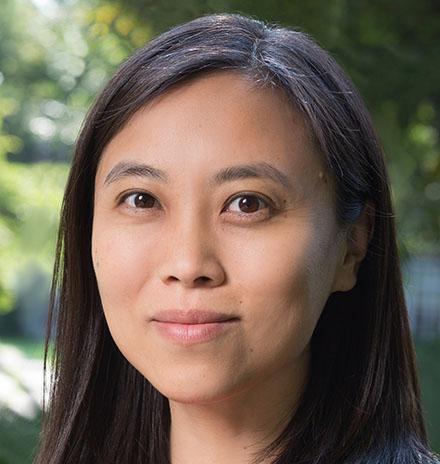
Hong Luo
Hong Luo is Associate Professor of Business Administration of Harvard Business School. She received her Ph.D. in Economics from Stern School of Business, New York University, where she was a recipient of the Kauffman Dissertation Fellowship in Entrepreneurship Research. A native of China, she earned an MA in Economics from Beijing University and a BA in Finance from the Renmin University of China. Her research centers on firms’ innovation incentives, their strategies in the market for innovative ideas, and managing intellectual property rights. An integral part of her research concerns the impacts of legal regimes and public policies – in particular, intellectual property regimes and tort liability system – on firms’ innovation activities.

Li'an Zhou
Li-An Zhou is a Professor of Applied Economics at Guanghua School of Management at Peking University. Dr. Zhou received his BA and MA in economics from Peking University and his Ph.D. in economics from Stanford University. He joined Gunaghua as an Assistant Professor in 2002 and became a full Professor in 2010. His research interests include political economy, industrial organization, economic development, and Chinese economy. Dr. Zhou has published papers in economics and management journals including American Economic Review, Review of Economics and Statistics, Journal of Public Economics, Economic Journal, Journal of Health Economics, and Strategic Management Journal. He is also the author of the book Incentives and Governance: China's Local Governments (Cengage Learning, 2010).
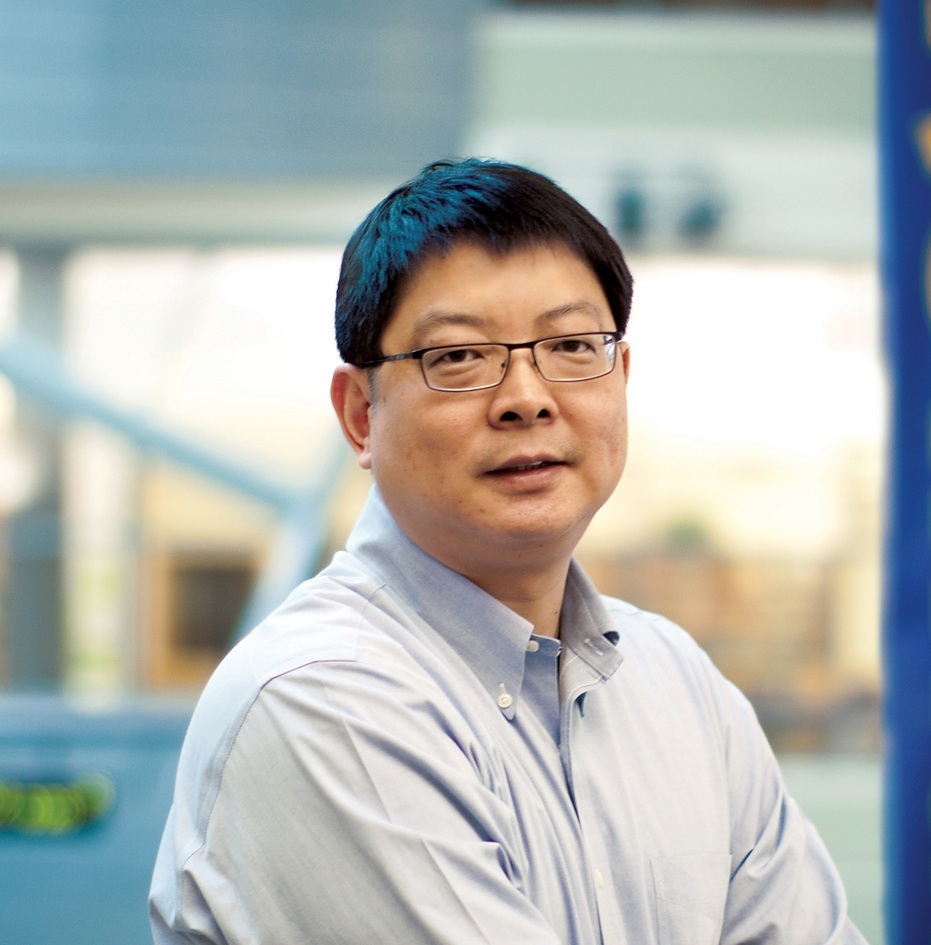
Hai Lu
Hai Lu is the McCutcheon Professor in International Business and Professor of Accounting at the Rotman School where he conducts research on insider trading, securities valuation, corporate governance, and the Chinese capital market. He is also Professor at Guanghua School of Management, Peking University. He is currently interested in field studies and unstructured data analysis. Professor Lu is the founding director of Guanghua-Rotman Centre for Information and Capital Market Research and is an editor of Contemporary Accounting Research.
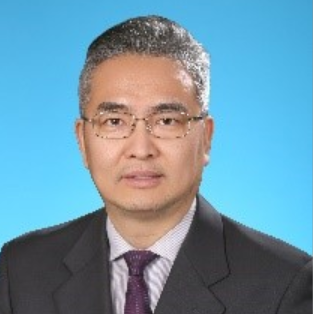
Youhui Zhang
Zhang Youhui is a professor at the Department of Computer Science and Technology, Tsinghua University. He is also a BAAI Scholar of Beijing. In recent years, he has been focusing on the research of new computer architecture, brain inspired chips and basic software, with many papers published by important international journals/conferences such as Nature, ASPLOS, Micro, IEEE TC/TPDS and so on. His work on brain-inspired chips was awarded as one of the top ten scientific advances in China in 2019, the title of leading scientific and technological achievements of the World Internet Conference in 2019 and the title of achievements specially recommended by the director of the World Internet Conference in 2020. He is the keynote teacher of a national-level MOOC, as well as a keynote teacher of a first-class undergraduate course at the national level. He has won the second prize of National Teaching Achievement Award of Higher Education, the second prize of National Science and Technology Progress Award, the first prize of Science and Technology Progress Award of Ministry of Education and the first prize of Science and Technology Award of Electronic Society.
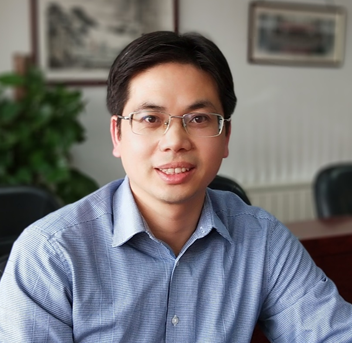
Yimao Cai
Yimao Cai Received Ph.D. degree in Microelectronics from Peking University, Beijing, China, in 2006.From 2006 to 2009, he was with R&D center, Samsung Electronics, Korea, where he contributed to the development of 65 nm/45 nm NOR flash chips and their characterization. In 2009, he joined Department of Microelectronics, Peking University, where he is currently a Professor and the director of the Department of Microelectronics. He is the holder of >40 granted patents and has authored or coauthored over 100 papers. His current research interests are neuromorphic device and brain-inspired chips, advanced memory technologies.

Yungang Bao
Yungang Bao is a professor of Institute of Computing Technology (ICT), Chinese Academy of Sciences (CAS) and the deputy director of ICT, CAS. He is leading the Research Center for Advanced Computer Systems (ACS) of ICT. His research focuses on computer systems and served on program committees of many top tier conferences such as ASPLOS, ISCA and MICRO etc. His research works have been adopted by industry companies including Alibaba, Huawei and Intel etc. He is on the Board of Direct of RISC-V International Foundation and also founded China RISC-V Alliance. He was the youngest-ever plenary keynote speaker at China National Computer Congress (CNCC) in 2016 and was one of three keynote speakers at ARM Research Summit 2018. He was the winner of CCF-Intel Young Faculty Award of the year for 2013 and CCF-IEEE CS Young Scientist Award of the year for 2019. He won China's National Lofty Honor for Youth under 40 in 2019.
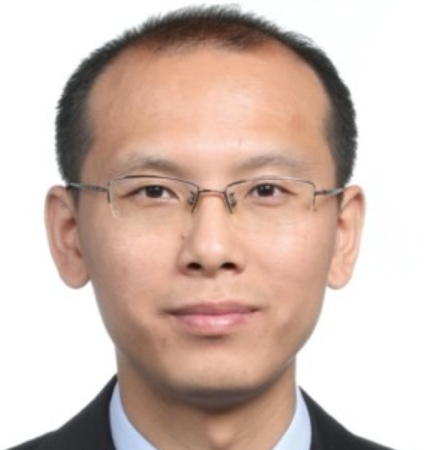
Jidong Zhai
Jidong Zhai is a Tenured Associate Professor in the Computer Science Department of Tsinghua University. He is a recipient of Siebel Scholar, CCF outstanding doctoral dissertation Award, IEEE TPDS Award for Editorial Excellence, and NSFC Young Career Award. He was a Visiting Professor of Stanford University (2015-2016) and a Visiting Scholar of MSRA (Microsoft Research Asia) in 2013. His research interests include parallel computing, performance evaluation, compiler optimization, and heterogeneous computing. He has published more than 50 papers in prestigious refereed conferences and top journals including SC, PPOPP, ASPLOS, ICS, ATC, MICRO, NSDI, IEEE TPDS, and IEEE TC. His research received a Best Paper Finalist at SC14. He is the advisor of Tsinghua Student Cluster Team. The team led by him has achieved 10 international champions in student supercomputing challenges at SC, ISC, and ASC. In 2015 and 2018, the team led by him swept all three champions at SC, ISC, and ASC. He was a program co-chair of NPC 2018 and a program co-chair of ICPP PASA 2015 workshop. He served or is now serving TPC member of SC, ICS, PPOPP, IPDPS, ICPP, NAS, LCPC, and Euro-Par. He is the general secretary of ACM SIGHPC China. He is currently on the editorial boards of IEEE Transactions on Computers (TC), IEEE Transactions on Parallel and Distributed Systems (TPDS), IEEE Transactions on Cloud Computing (TCC), and Journal of Parallel and Distributed Computing.
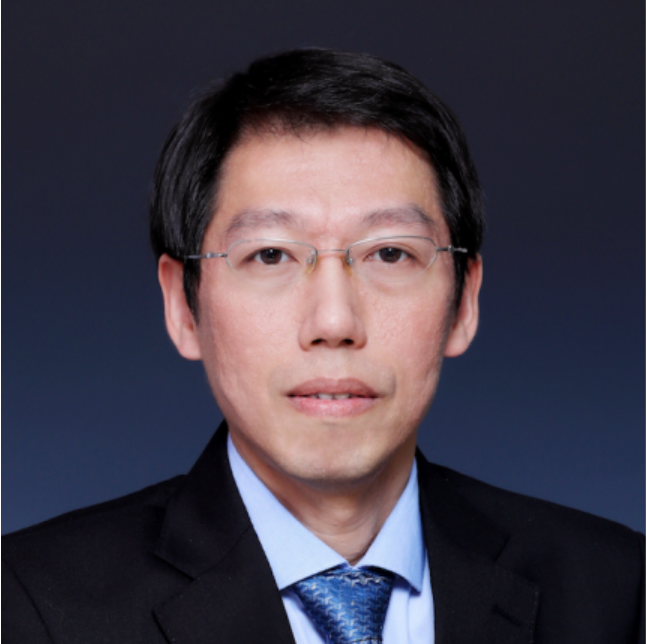
Shouyi Yin
AI chips. He has won the second prize of National Award for Science and Technology Progress, the Gold Award of Chinese Invention Patent, the first prize of Technology Invention of the Ministry of Education, the second prize of Jiangxi Province Science and Technology Progress Award, and the first prize of Technology Invention of China Institute of Electronics.
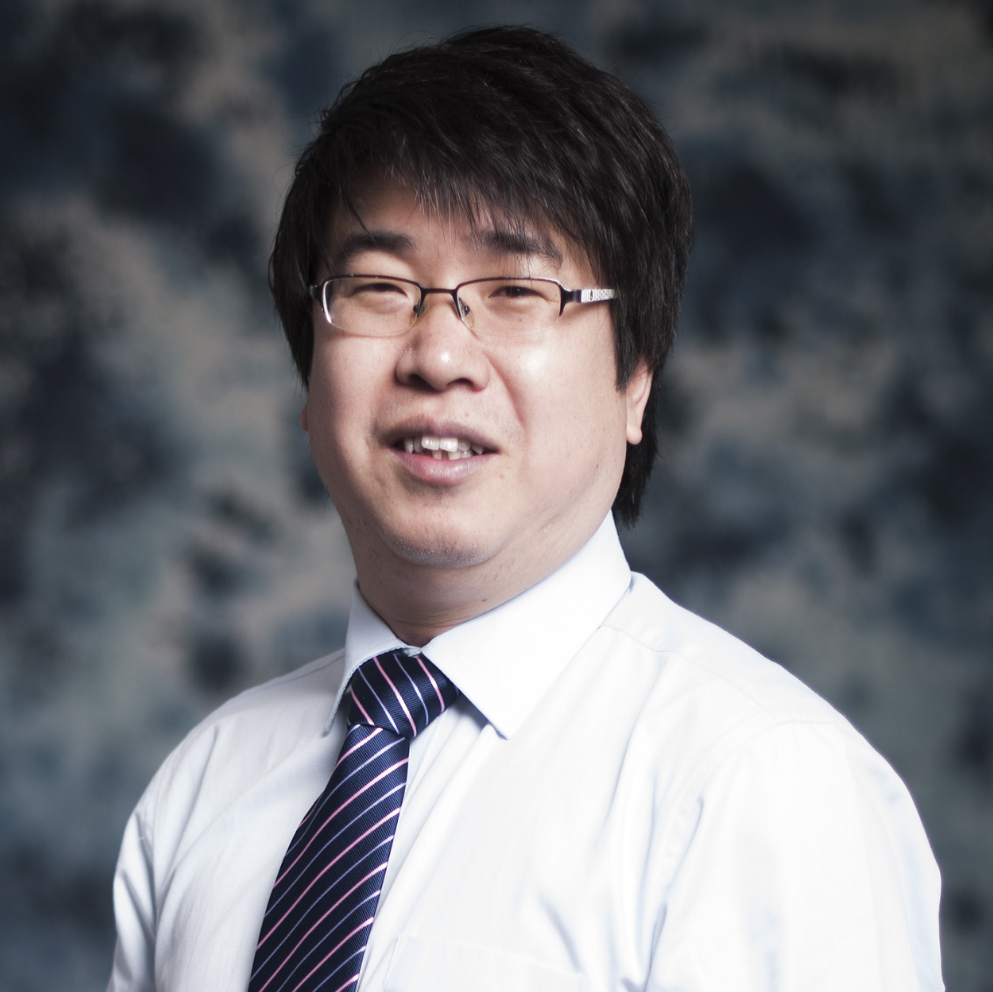
Yinhe Han
Yinhe Han is a professor at the Institute of Computing Technology, Chinese Academy of Sciences. His research interests are integrated circuit design/testing and computer architecture. He has published more than 110 academic papers, including top conference papers such as ISCA, HPCA, DAC, and ICCAD. He won the second prize of National Technological Innovation Award in 2012, National Excellent Doctoral Dissertation Award nomination, Excellent Doctoral Dissertation Award of Chinese Academy of Sciences, and CCF Outstanding Doctoral Dissertation Award. He served as the chairman of the CCF Young Computer Scientists & Engineers Forum (CCF YOCSEF) (2016-2017), and he is the current director of the CCF Technical Committee of Fault Tolerance Computing. His work was funded by the National Science Fund for Distinguished Young Scholars and the National Science Fund for Excellent Young Scholars.
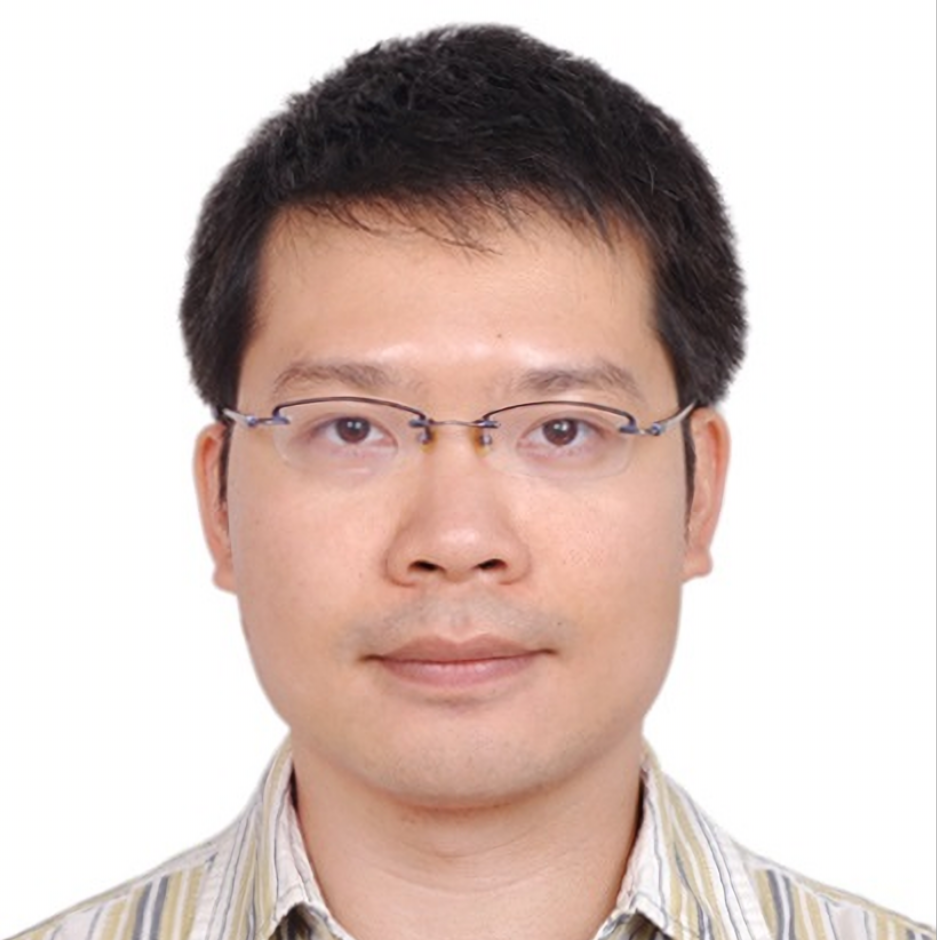
Guojie Luo
Dr. Guojie Luo is currently an associate professor in the Department of Computer Science and Technology at Peking University. His research interests include emerging computer architecture and design automation algorithms. He got the 2013 ACM/SIGDA Outstanding Doctoral Dissertation Award, the 2016 CCF-Intel Young Faculty Researcher Program, the 2017 ASPDAC Ten-Year Most Influential Paper Award, and the 2019 Beijing Academy of Artificial Intelligence "BAAI Scholar" Program.
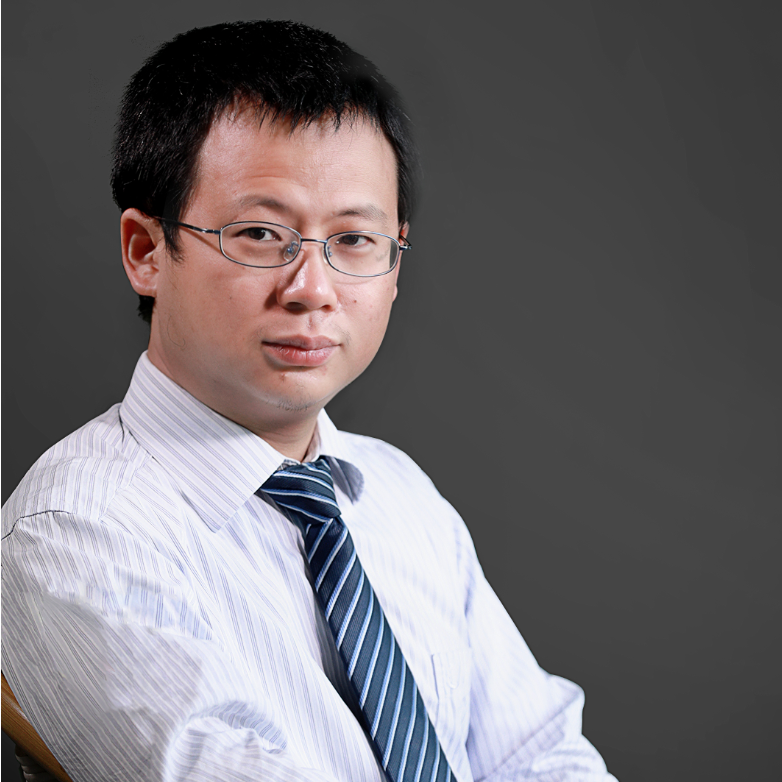
Yunji chen
Yunji Chen is a professor of Institute of Computing Technology (ICT), Chinese Academy of Sciences (CAS) and the deputy director of ICT, CAS, the director of the Intelligent Processor Research Center, chief scientist of the intelligent architecture and chip direction of BAAI, and a post professor at University of Chinese Academy of Sciences. He led his team to develop the world’s first deep learning processor chip "Cambrian-1". His work has been applied to nearly 100 million smartphones and servers, and were evaluated by Science magazine articles as "pioneering in terms of specialized chip architecture" and "the leaders".

Jieping Ye
叶杰平,贝壳找房副总裁、首席科学家,智源研究员,密西根大学教授,IEEE Fellow、ACM杰出科学家。叶杰平博士主要从事机器学习、数据挖掘和大数据分析领域的研究,致力于推进人工智能技术在出行、居住和医疗等领域的应用。他曾获得KDD和ICML最佳论文奖,荣获2010年美国国家自然科学基金会生涯奖、2017年中国计算机学会“CCF科学技术奖科技进步卓越奖”、2019年度国际运筹学领域顶级实践奖--瓦格纳运筹学杰出实践奖(Daniel H. Wagner Prize)。

Zai Wang
Wang Zai is a Co-founder and an Executive President of Cambricon Technologies Corporation Limited. He received his bachelor’s degree, master’s degree and PhD degree in computer science and technology from the University of Science and Technology of China, and was a postdoctoral researcher in the Institute of Computing Technology of the Chinese Academy of Sciences. He has long been engaged in the research of artificial intelligence technology. As a core member of Cambricon’s commercial operations, Wang Zai is currently fully responsible for the operation and management of the company, including marketing, sales, supply chain and administration. He also participates in the iterative development and design of Cambricon’s chips, and has been leading and promoting the implementation of many products to continuously build and develop the Cambricon Ecosystem.

Zhao Zheng
Former Technical Leader of Pinterest search architecture and personalization team. Worked for the Google Display Advertising Architecture Team. Winner of 2010 ACM World Championship. Winner of third place of the KDD Cup 2011, the Best Single Model award.

Yang Feng
中科院计算所“新百星人才引进计划”入选者、2019年度“卓越之星”获得者、自然语言处理课题组负责人,主要研究方向为自然语言处理、机器翻译和人机对话。在中科院计算所获得博士学位后,先后在谢菲尔德大学和南加州大学信息科学研究所(USC/ISI)开展研究工作。
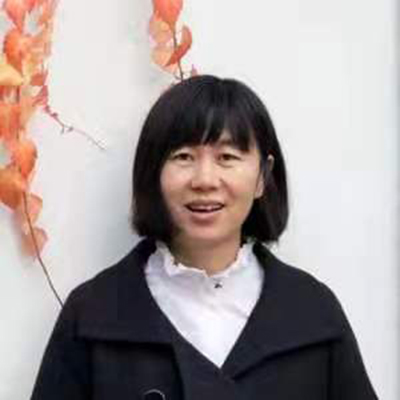
Shixia Liu
主要研究方向是可解释机器学习、文本可视分析和文本挖掘,在ACM/IEEE Trans和CCF A 类会议上共发表 论文50余篇, 授权专利40余项。2020入选 IEEE Visualization Academy(可视化领域最高荣誉,首批入选的亚洲学者);担任 CCF A类会议 IEEE VIS (VAST) 2016/2017的 论文主席(亚洲学者首次),IEEE VIS 2020-2023 指导委员会委员(全球共9人);担任CCF A类期刊 IEEE Transactions on Visualization and Computer Graphics 副主编( Associate editor-in-chief,迄今为止两位亚洲学者当选)、曾任编委,获2016 最佳编委;担任CCF A类期刊Artificial Intelligence 的编委(Associate editor);担任 IEEE Transactions on Big Data 和ACM Transactions on Interactive Intelligent Systems的编委。
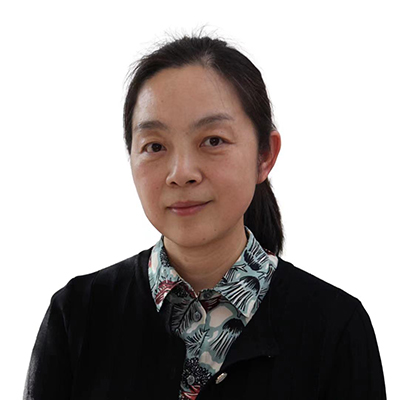
Yuanchun Shi
主要研究方向为人机交互、普适计算、多媒体、网络教育技术等,主持国家十三五重点专项等国家科技计划项目。其科研成果包括交互效率模型、自然动作建模方法、智能空间计算平台、多媒体多播协议等,近年连续获得领域国际顶级会议最佳论文奖 、并两次获得国家科技进步奖。
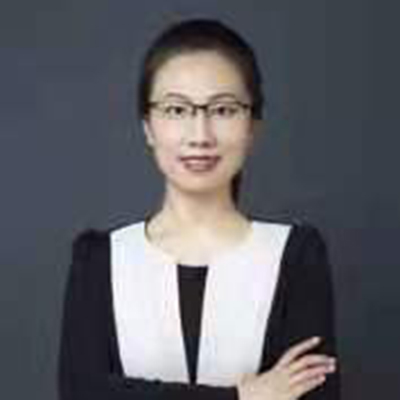
Dandan Song
美国斯坦福大学访问学者、北京市青年英才、微软铸星计划青年学者、北京理工大学优秀青年教师。分别于2004年与2009年7月获清华大学计算机科学与技术系学士与博士学位,系优秀博士毕业生,清华大学综合优秀奖学金获得者。
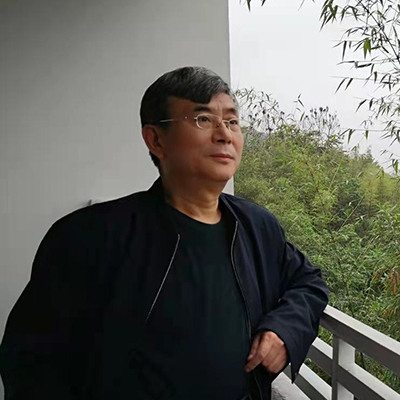
Zhiwei Xu
现任中国科学院计算技术研究所研究员、学术委员会主任、伏羲智库高级顾问。长期从事高性能计算体系结构,分布式计算系统与网络计算科学研究。曾任曙光超级服务器、国家高性能计算环境、网络虚拟计算环境、网格操作系统、处理ZB级数据的海云计算系统等多个国家和欧盟科研项目的技术负责人。获得 “国家杰出青年科学基金”、国家科技进步二等奖、中国计算机学会“王选奖”。
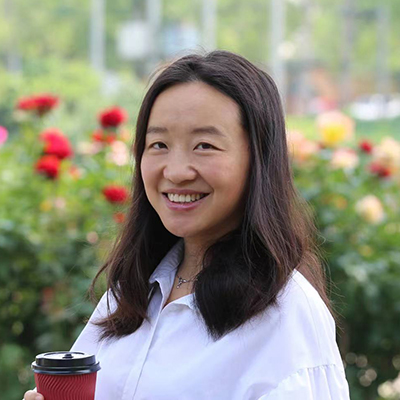
Li Zhuang
2008年毕业于加州大学伯克利分校获得博士学位。镁佳科技CEO。曾任蔚来软件发展(中国)副总裁。

Weiran Huang
研究方向是机器学习理论、自监督学习、小样本学习等。博士毕业于清华大学交叉信息研究院,师从图灵奖得主姚期智和IEEE会士陈卫。在NeurIPS/CVPR/ICCV/AAAI/IJCAI等人工智能顶级会议上发表论文十余篇,并担任NeurIPS/COLT/CVPR/ICCV/AAAI/IJCAI等会议的程序委员会成员或审稿人。
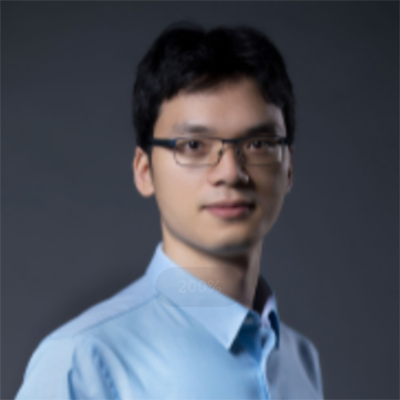
Zhenzhong Lan
西湖大学工学院PI。研究主要集中在自然语言处理,计算机视觉和深度学习的结合与应用。在加入西湖大学之前,在谷歌AI部门工作,期间发表的自然语言理解模型ALBERT是目前最好的语言理解模型之一。博士毕业于卡内基·梅隆大学(CMU)计算机学院学习,主要研究视频中的动作识别。近年来,他在多个国际会议和期刊发表论文20余篇。
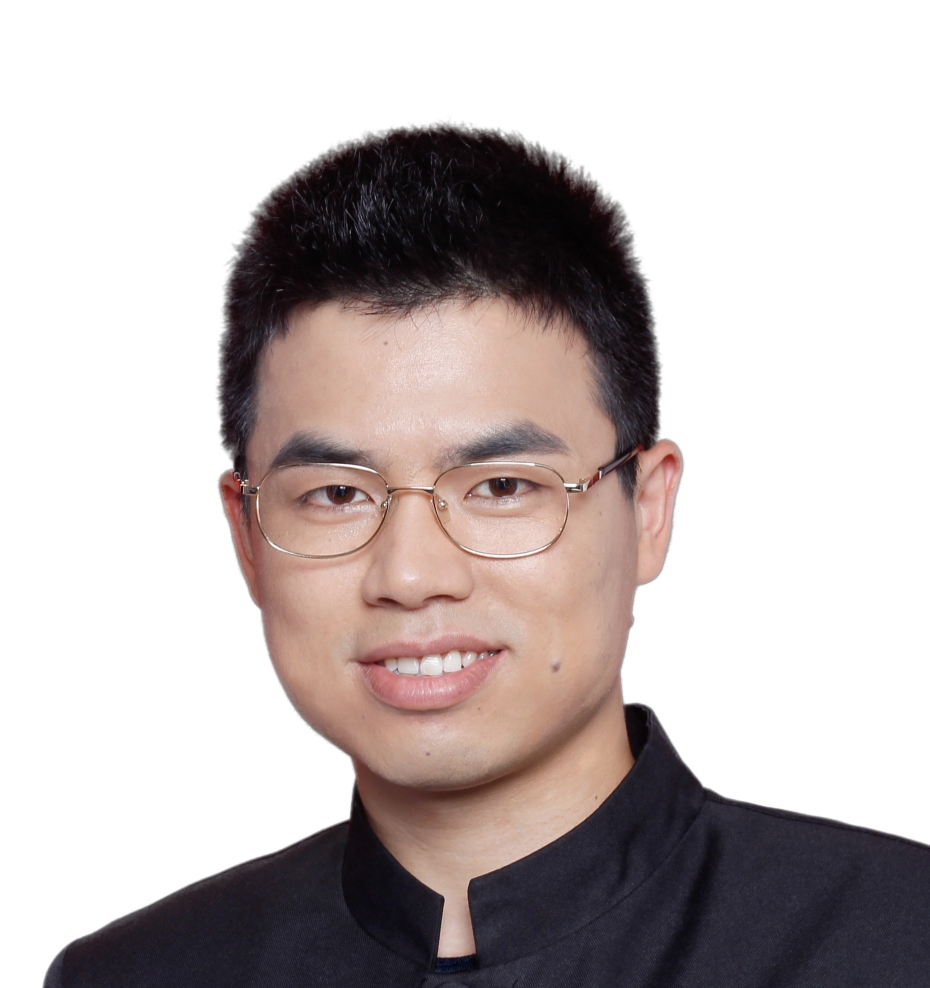
Han Hu
西安交大兼职博士生导师。于2014年和2008年在清华大学自动化系分别获得博士和本科学位,博士论文获得中国人工智能学会优博奖,博士期间曾在宾夕法尼亚大学访学,曾在百度IDL工作。担任CVPR 2021/2022领域主席。目前主要研究兴趣是基本视觉建模,视觉自监督学习,以及视觉-语言联合表征学习。
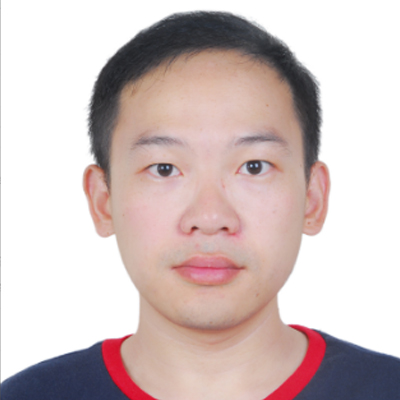
Xiao Wang
研究方向为图神经网络、数据挖掘与机器学习。曾任清华大学计算机系博士后,天津大学博士,美国圣路易斯华盛顿大学联合培养博士,入选2020年微软亚洲研究院铸星学者。在IEEE TKDE, KDD, WWW等期刊和国际会议发表论文50余篇,其中一作/通讯/共一的CCF A类论文24篇,1篇入选WWW 2021 best paper awards候选,3篇入选AAAI 2017/WWW 2019/WWW 2020最有影响力论文榜单。
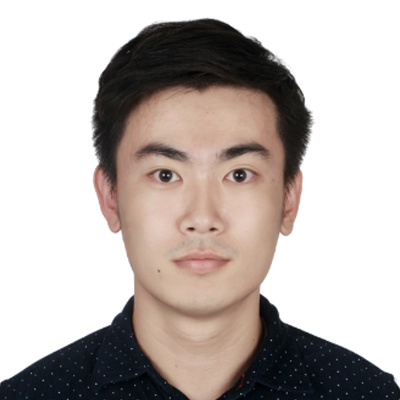
Yankai Lin
博士毕业于来自清华大学自然语言处理组,由孙茂松教授和刘知远副教授共同指导,主要研究方向为信息抽取、图网络学习、自监督学习。目前已在人工智能、自然语言处理等领域的著名国际会议IJCAI,AAAI,EMNLP,ACL发表相关论文多篇,Google Scholar引用数超过4000。

Xin Zhao
2014年7月于北京大学获得博士学位,随后进入中国人民大学工作至今。研究领域为信息检索与自然语言处理,共计发表论文80余篇。荣获2020年吴文俊人工智能优秀青年奖、ECIR’21时间检验奖(Test of Time Award)等,入选中国科协青年人才托举工程、北京智源青年科学家。
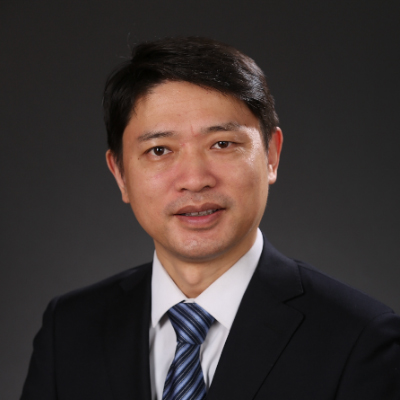
Yang Liu
清华大学计算机科学与技术系长聘教授,清华大学智能产业研究院副院长,国家杰出青年基金获得者。担任中国人工智能学会组织工作委员会副秘书长、中国中文信息学会计算语言学专委会常务副主任。研究方向是自然语言处理,获得国家科技进步二等奖1项、省部级科技奖励4项、重要国际会议优秀论文奖2项。曾担任清华大学计算机科学与技术系智能技术与系统实验室主任、国际计算语言学学会亚太分会执委兼秘书长、Computational Linguistics编委、中国中文信息学会青年工作委员会主任。
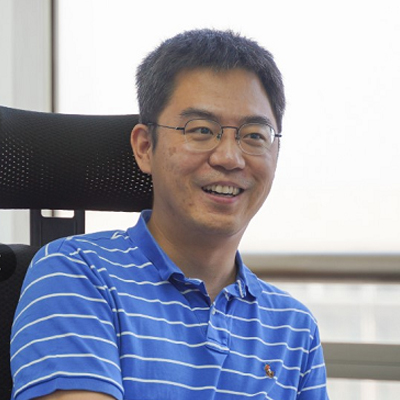
Boxin Shi
日本东京大学博士、美国麻省理工学院媒体实验室博士后。国家级青年人才项目入选者,北京大学“博雅青年学者”。现任北京大学计算机科学技术系数字媒体研究所研究员、博士生导师;北京大学人工智能研究院院长助理;北京智源人工智能研究院青年科学家。从事计算摄像学与计算机视觉研究,发表论文110余篇,其中CCF-A类期刊和会议论文60余篇。担任IJCV等期刊编委,CVPR、ICCV等国际会议领域主席。IEEE高级会员。
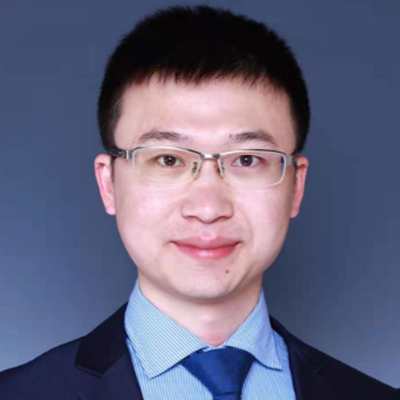
Gao Huang
2015年获清华大学博士学位,2015年至2018年在美国康奈尔大学计算机系从事博士后科研工作。主要研究领域为深度学习和计算机视觉,提出了主流卷积网络模型DenseNet。目前在NeurIPS,ICML,CVPR等国际顶级会议及IEEE多个汇刊共计发表学术论文50余篇,被引用20000余次。获CVPR最佳论文奖、达摩院青橙奖、世界人工智能大会SAIL先锋奖、全国百篇最具影响国际学术论文、中国人工智能学会自然科学一等奖、智源青年学者和国家优青基金资助等荣誉。

Yanyan Lan
北京市智源人工智能研究院青年科学家。曾任中科院计算所研究员,博士生导师。兰艳艳博士的研究方向为信息检索,机器学习和自然语言处理,及其在生物计算和新药研发中的应用。她在人工智能和机器学习等领域重要国际期刊和会议上发表论文80 余篇,曾获SIGIR最佳学生论文奖、CIKM最佳论文Runner-Up奖。担任入选中国科学院青年创新促进会优秀会员,获得中文信息学会钱伟长中文信息处理科学技术奖一等奖。

Weifeng Lv
软件开发环境国家重点实验室副主任,国家科技资源共享服务工程技术研究中心主任,中国软件行业协会秘书长。长期从事海量信息处理、智能交通、城市计算等方面研究开发工作,所建立的基于移动位置数据的城市出行信息服务关键技术,支撑了国际最大规模移动位置数据处理系统构建,获国家发明、技术进步二等奖各一项,省部级一等奖三项。入选国家万人计划和教育部长江学者奖励计划。
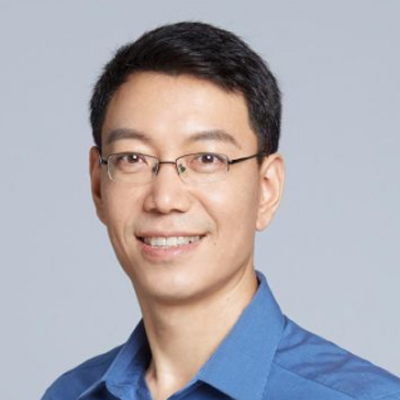
Huaxia Xia
主要研究领域为人工智能,包括自动驾驶、知识图谱、计算机视觉、语音识别、自然语言处理等方向。2020年入选北京青年学者、海英计划——创新领军人才,荣获中国电子学会优秀科技工作者称号。担任北京智源人工智能研究员理事、中国电动汽车百人会理事、清华大学人工智能国际治理研究院发展与合作委员会副理事长、新一代人工智能产业技术创新战略联盟理事、雄安智能城市联合会理事等职务。

Gang Wang
教授级高工,教授级高工,享受国务院政府特殊津贴,曾获得交通运输部“感动交通”十大年度人物、北京市“有突出贡献的青年科学技术管理专家”等荣誉称号。 近30年来,专注于我国交通信息化、智能化技术研究和建设,先后主持多项国家重大科技计划课题、国家重大科技攻关计划、部省重大行业信息化项目等。牵头组织全国高速公路电子不停车收费(ETC)联网、取消高速公路省界收费站工程实施等各项工作,负责国家中心系统建设。多项研究和建设成果推动了我国交通信息化发展。曾带领团队斩获“中国公路学会科技进步一等奖”、“北京市科技进步一等奖”“中国交通运输协会科学技术一等奖”等多项省部级科技奖项,组织建设的“全国高速公路电子不停车收费联网工程”荣获中国高速公路30年信息化经典工程奖。2020年9月8日,被评为全国抗击新冠肺炎疫情先进个人。

Dengjiang Wang
王邓江博士,高级工程师,北京万集科技股份有限公司算法专家,智慧基站产品研发负责人,北京市科委专家库专家,全国智能运输系统标准化技术委员会通讯委员。科技创新2030-“新一代人工智能”重大项目“车路协同智能驾驶模拟仿真平台研发与创新应用示范”课题任务负责人,参与国家重点研发计划“多目标实时监测与智能感知关键技术”和北京市科委科技计划课题“FPGA硬件加速技术在路侧融合感知应用的研究“等多个项目的研究。研究领域主要涉及智能交通、车联网、人工智能和边缘计算等,共发表论文11篇,授权专利17项,参与国家和行业标准制定8项。

Yafu Sun
1974年出生,硕士研究生,2010年加入千方科技,现任千方科技副总裁。

Chang Tan
毕业于中国科学技术大学计算机应用与技术专业,现任科大讯飞股份有限公司智慧城市事业群副总裁、智慧交通业务部总经理,谭昶博士因其在大数据研究与应用领域的突出贡献,当选中国信息协会大数据分会副会长、中国计算机学会公共政策委员会执行委员及大数据专家委员会委员。
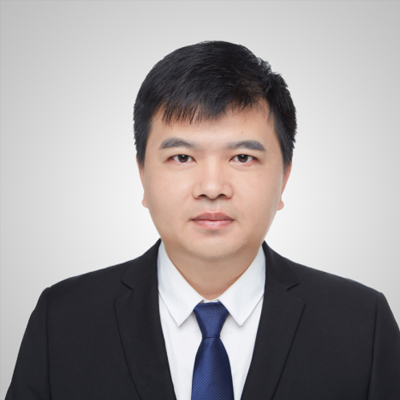
Zhenwu Chen
广东省交通信息工程技术研究中心特聘研究员,深圳市后备级高层次人才,清华大学深圳国际研究生院、深圳技术大学校外导师。 长期从事智能交通领域研发工作,牵头承担了大数据、交通模型、实时在线交通仿真、车路协同、智慧管控等重大项目20余项。作为课题负责人承担国家重点研发计划,先后牵头多个省市级科研课题,曾获“华夏建设科学技术奖一等奖”、 “中国智能交通学会科学技术奖一等奖”、 “深圳市科学进步一等奖” 等多项省部级科技奖项。
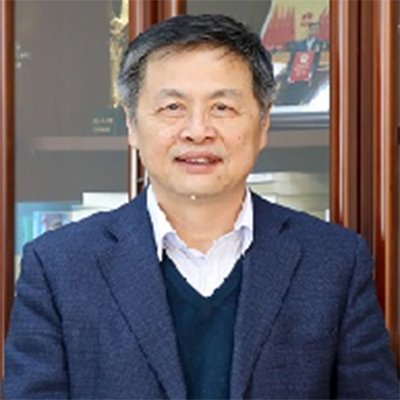
Zhiming Zheng
信息处理专家,中国科学院院士。长期从事空天信息安全与复杂信息系统等数学与信息交叉领域的研究。创立了动力学密码,突破空天信息安全高速、低耗、多模式等技术瓶颈,研制成功系列空天安全新装备并列装。面向复杂信息系统,创立了调控系统复杂性的原理和方法,建立了信息快速传播、信息全局扩散和数据准确分析的新计算模式,产生重要国际学术影响。获国家技术发明奖一等奖(排名第1)、何梁何利科技进步奖等。
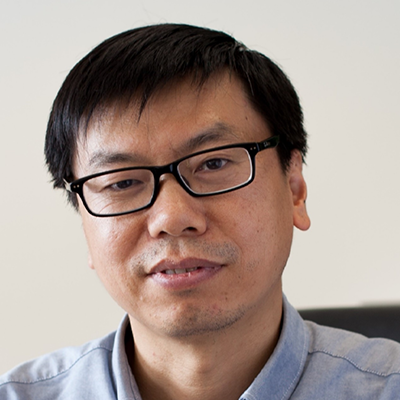
Bo Xu
博士,研究员。现任中科院自动化研究所所长,中国科学院人工智能创新研究院院长,中国科学院大学人工智能学院院长,兼任国家新一代人工智能战略咨询委员会委员等职。长期从事智能语音处理和人工智能技术研究和应用。曾获 “中国科学院杰出青年奖”、 “王选新闻科技进步一等奖”等奖项;主持多项国家支撑、863、973以及自然科学基金重点项目和课题。研究成果先后在内容监测、口语评测和智慧医疗等领域获得规模化应用。近年重点围绕听觉模型、类脑智能以及博弈进化智能等进行研究探索。
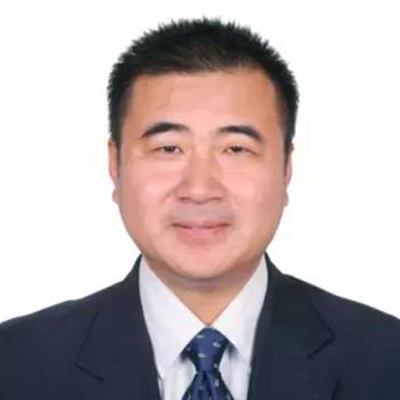
FuChun Sun
清华大学计算机科学与技术系教授,博士生导师,IEEE/CAAI Fellows, 国家杰出青年基金获得者;兼任清华大学校学术委员会委员,计算机科学与技术系学术委员会主任,智能技术与系统国家重点实验室常务副主任。兼任中国人工智能学会副理事长,中国自动化学会常务理事。兼任国际刊物《Cognitive Computation and Systems》主编,国际刊物《IEEE Trans. on Cognitive and Development Systems》、《IEEE Trans. on Fuzzy Systems》、《IEEE Trans. Systems, Man and Cybernetics》和《International Journal of Control, Automation, and Systems (IJCAS)》副主编或领域主编。
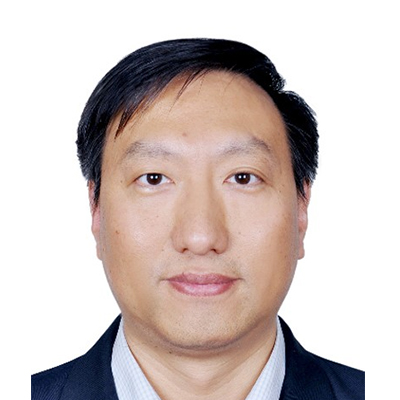
Jinhu Lv
长聘教授,北京航空航天大学自动化科学与电气工程学院院长、人工智能研究院副院长、软件开发环境国家重点实验室副主任。曾任美国普林斯顿大学Visiting Fellow、加拿大卡尔加里大学博士后、澳大利亚RMIT大学教授、中国科学院数学与系统科学研究院研究员。现任全国科技创新领军人才联盟理事长、中国指挥与控制学会副理事长、中国自动化学会会士/常务理事、中国工业与应用数学学会常务理事、IEEE Fellow。 长期从事协同控制、工业互联网等研究,担任国家基金委创新群体学术带头人、国家工业互联网创新发展工程重点项目首席科学家、国家重点研发计划首席科学家。曾获3项国家自然科学二等奖(2项排名1,1项排名2)、全国创新争先奖、何梁何利科学与技术进步奖、中国工程院光华工程科技奖、中科院青年科学家奖、中国青年科技奖、国家杰青、国家万人领军人才、国家有突出贡献中青年专家、百千万国家级人才、澳大利亚ARC Future Fellow、全球高被引科学家、全国优博等。IEEE TII(Q1)共同主编、第43届IEEE工业电子学会年会共同主席。

Hongxia Yang
美国杜克大学博士学位,阿里巴巴达摩院研发总监,原IBM全球研发中心Watson研究员,Yahoo!主任数据科学家。目前致力于研发超大规模认知智能引擎和其在信息流推荐系统的应用,开发的算法稳定的支持了阿里巴巴搜索、广告等30几个核心BU和其业务场景。在顶级统计和机器学习国际学术期刊&会议发表论文70余篇,美国专利9项,中国专利局在审专利9项。荣获2019世界人工智能大会最高奖项卓越人工智能引领者(Super AI Leader,简称SAIL奖),2020年国家科学技术进步奖二等奖和2020年杭州市领军型创新团队等。
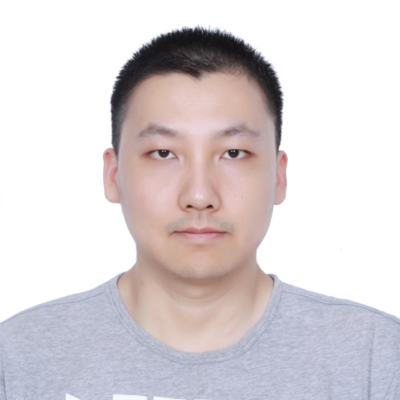
Wei Wu
博士,北京三快在线科技有限公司(美团)NLP中心负责人。负责自然语言技术在美团搜索、推荐、客服、广告等场景的应用,以及这些技术在美团业务上的落地。在加入美团前,曾于微软亚洲研究院自然语言组任主管研究员以及微软小冰任首席科学家,负责微软小冰核心对话技术的研发。他分别于2007年和2012年在北京大学数学科学学院取得理学学士学位及应用数学博士学位。他的研究兴趣包括自然语言处理、机器学习、以及信息检索。在相关领域的顶会期刊上发表论文40余篇,并担任AAAI 2019高级程序委员,ACL2021领域主席,以及EMNLP2021领域主席。

Yafeng Deng
现任北京奇虎科技有限公司人工智能研究院院长/搜索事业部负责人,毕业于清华大学,具有18年的计算机视觉和人工智能方向的研发经验。在过去的工作中,他发表过论文11篇,申请中国专利135项,其中已经授权的98项。他曾担任格灵深瞳信息技术有限公司首席技术官,也曾任职百度深度学习研究院、阿里云计算、盛大创新院等公司担任研发专家等角色。所负责业务涉及人脸识别、视频内容理解、行为识别、图像搜索、语音语义交互、机器人、深度学习在推荐及自然语言中的应用等,曾带领团队在FRVT、LFW、FDDB、KITTI、PRCV2019等多个国际和国内主流竞赛中获得过第一名的成绩。他是CCF-视觉专委会委员、计算机视觉标准组委员,曾担任华为智能安防(机器视觉)领域特聘专家、英特尔顾问委员会成员。
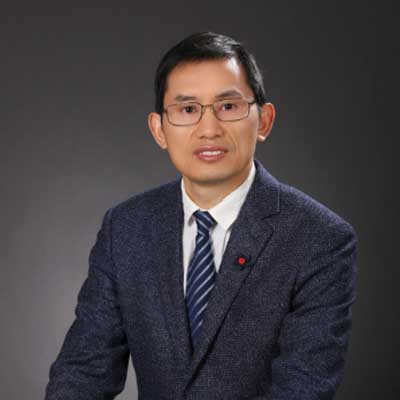
Minlie Huang
清华大学计算机科学与技术系长聘副教授,智能技术与系统实验室副主任,中文信息学会自然语言生成与智能写作专委会副主任、CCF学术工作委员会主任助理。IEEE、CCF高级会员,CCF 2019杰出讲者。 他的研究领域为自然语言处理,特别是自然语言生成、对话系统、阅读理解等。曾获得中国人工智能学会吴文俊人工智能科技进步奖一等奖(排名第一),中文信息学会汉王青年创新奖,阿里巴巴创新合作研究奖,获得国家自然科学基金重点项目资助。多次获得国际主流会议的最佳论文或提名(IJCAI、ACL、SIGDIAL等)。研发对话系统平台ConvLab和ConvLab2,多次组织国内外有影响力的对话系统评测与竞赛(DSTC8,DSTC9),获得NTCIR 2017年组织的短文本对话生成评测冠军。

Alex Zhavoronkov
Dr. Zhavoronkov is a biogerontologist and artificial intelligence scientist with deep passion for longevity science and industry. He is the founder of Insilico Medicine, longevity and artificial intelligence company which raised over $51 million from the worlds most competent investors. He invented several critical artificial intelligence technologies in drug discovery and biomarkers of aging and established collaborations with the top pharmaceutical companies. Dr. Zhavoronkov is the author of over 150 research papers published since 2011 and books including "Ageless Generation" a book on aging economics published by McMillan in 2013. His recent Nature paper demonstrated that artificial intelligence can be used to create new molecules with experimental validation in animals in under 46 days.
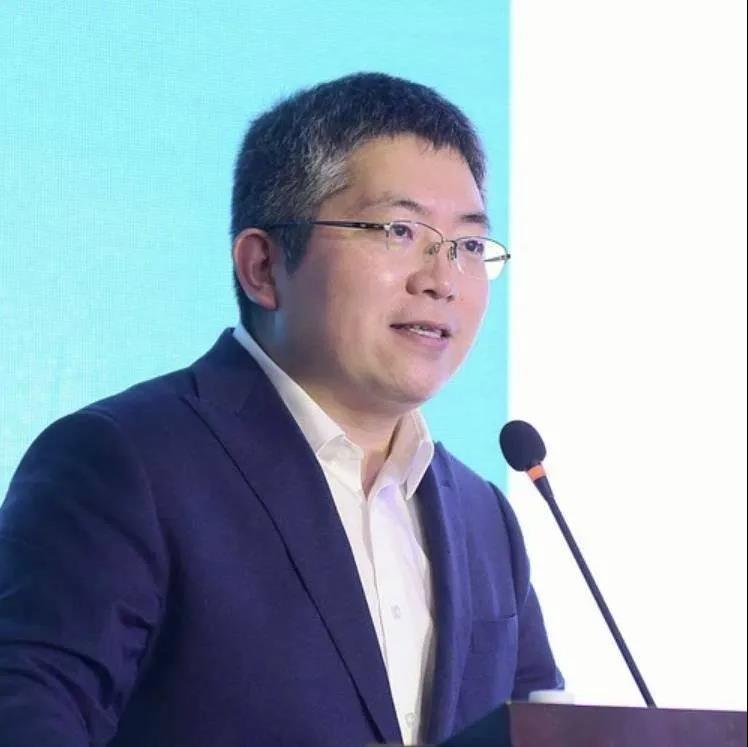
Yi Zeng
曾毅,中国科学院自动化研究所研究员,中英人工智能伦理与治理研究中心联合主任,类脑智能研究中心副主任;北京智源人工智能研究院人工智能伦理与可持续发展中心主任;清华大学人工智能国际治理研究院首席专家;国家新一代人工智能治理专委会委员;联合国教科文组织(UNESCO)人工智能伦理特别专家组专家;世界卫生组织(WHO)人工智能伦理与治理专家组专家;联合发起面向可持续发展的人工智能协作网络(AI4SDGs Cooperation Network)并任联合主席;主要研究领域是类脑人工智能、人工智能伦理与治理、人工智能与可持续发展。

Steven Vosloo
联合国儿童基金会的数字政策高级官员,近期特别是推动了联合国儿童基金会儿童人工智能原则的提出与实践。他曾担任Pearson公司南非分公司创新实验室移动技术的负责人。他特别专注数字技术如何赋能弱势群体,为其带来福利与发展的机遇。
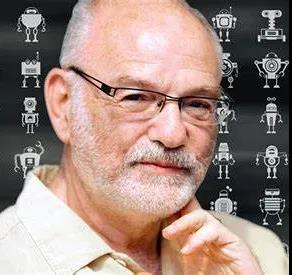
Wendell Wallach
耶鲁大学生命伦理中心技术伦理工作组主任,世界经济论坛人工智能委员会委,他是黑斯廷中心高级顾问,卡内基国际事务伦理委员会高级研究员。创立了人工智能治理国际会议(ICGAI)。他是畅销学术著作A Dangerous Master: How to keep technology from slipping beyond our control 的作者,以及Moral Machines: Teaching Robots Right From Wrong 的共同作者。
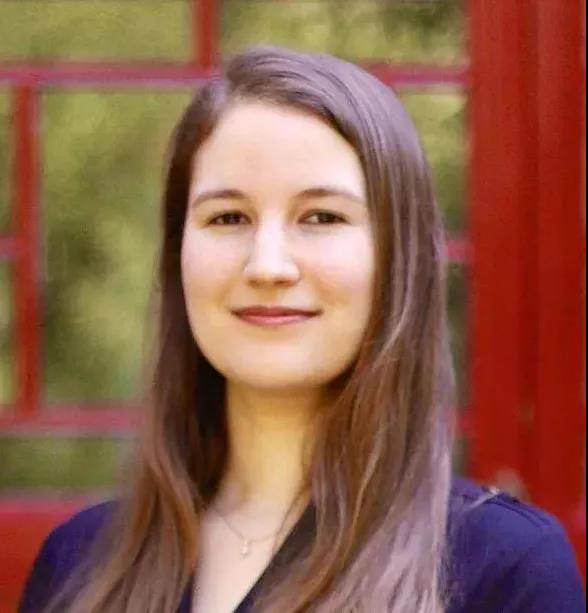
Danit Gal
剑桥大学未来智能研究中心研究员,曾担任联合国秘书长数字合作高层论坛人工智能主任,此前还曾担任日本庆应大学网络文明研究所助理教授。主要研究兴趣包括科技伦理、人工智能伦理、安全与治理。曾任北京大学燕京学者,也是清华大学iCenter的国际战略顾问。主持了P7009 IEEE standard on the Fail-Safe Design of Autonomous and Semi-Autonomous Systems working group,并担任 IEEE Global Initiative on the Ethics of Autonomous and Intelligent Systems外事委员会主席。
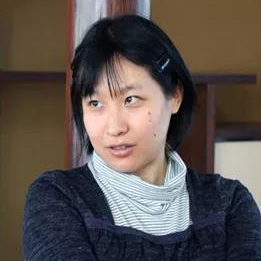
Arisa Ema
Arisa Ema是东京大学副教授,专注于人工智能伦理与治理,人工智能与社会相关的研究。她是日本人工智能学会伦理委员会的成员,同时担任日本深度学习研究会外事委员会主任。
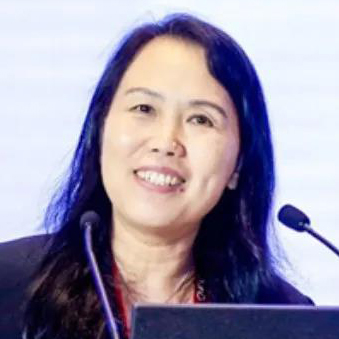
Guoyu Wang
复旦大学哲学学院教授、博士生导师,复旦大学应用伦理学研究中心/复旦大学生命医学伦理研究中心主任。曾任大连理工大学科研院副院长,人文学院副院长,欧盟研究中心、德国技术哲学研究中心主任,哲学系主任,教授、博士生导师。德国DAAD奖学金获得者(马格德堡大学哲学系),斯图加特大学哲学系客座教授。中国计算机学会职业伦理与学术道德委员会共同主席,上海国际人类表型组计划伦理委员会主任。研究方向包括高科技伦理学、生命医学伦理学、环境伦理学、德国技术哲学、科学技术与文化等。

Zheng Liang
清华大学公共管理学院教授,清华大学中国科技政策研究中心副主任,清华大学人工智能国际治理研究院副院长,清华大学科技发展与治理研究中心学术委员会秘书长,中国科学学与科技政策研究会理事,中国国际科学技术合作协会理事。研究方向包括研发全球化、国家创新系统理论与实践、科技政策、创新管理、标准与知识产权,新兴技术及其治理等。
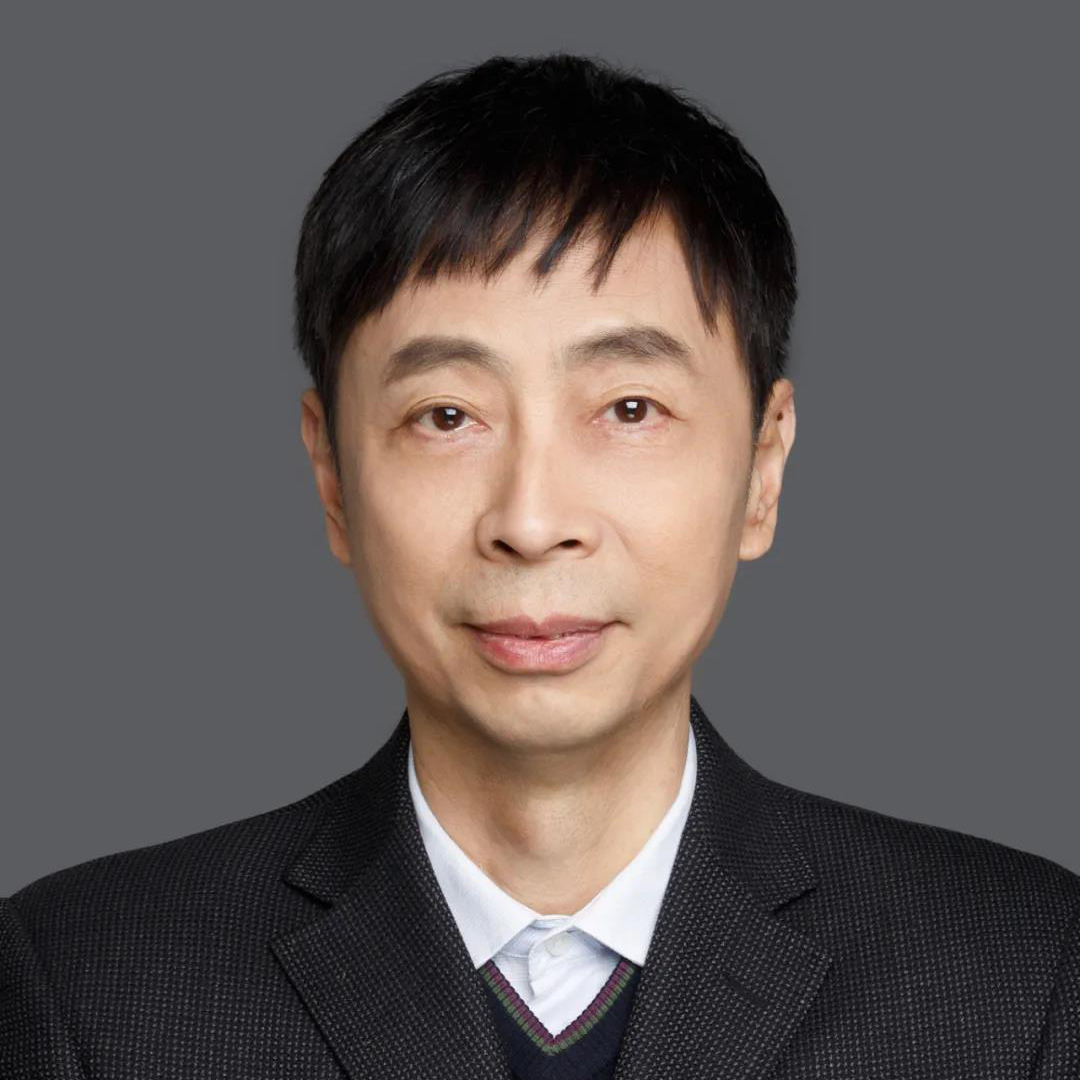
Xiaoping Chen
中国科技大学计算机学院教授,机器人技术标准创新基地主任。中国科学技术大学“杰出研究”校长奖、IEEE ROBIO’2016最佳大会论文等国际论文奖、世界人工智能联合大会最佳自主机器人奖和通用机器人技能奖、机器人世界杯12项世界冠军等团体奖获得者。中国人工智能学会人工智能伦理专委会(筹)主任;提出基于“融差性”原理和“开放知识”的机器人智能技术路线,并在“可佳”和“佳佳”智能机器人系统中进行了持续性研究和工程实现。

Xufeng Zhu
清华大学公共管理学院教授、博士生导师、副院长、智库研究中心主任;清华大学全球可持续发展研究院执行院长、清华大学科技发展与治理研究中心副主任。研究方向包括政策过程理论、智库和专家参与、环境与气候政策、科技政策、转型与公共治理等。
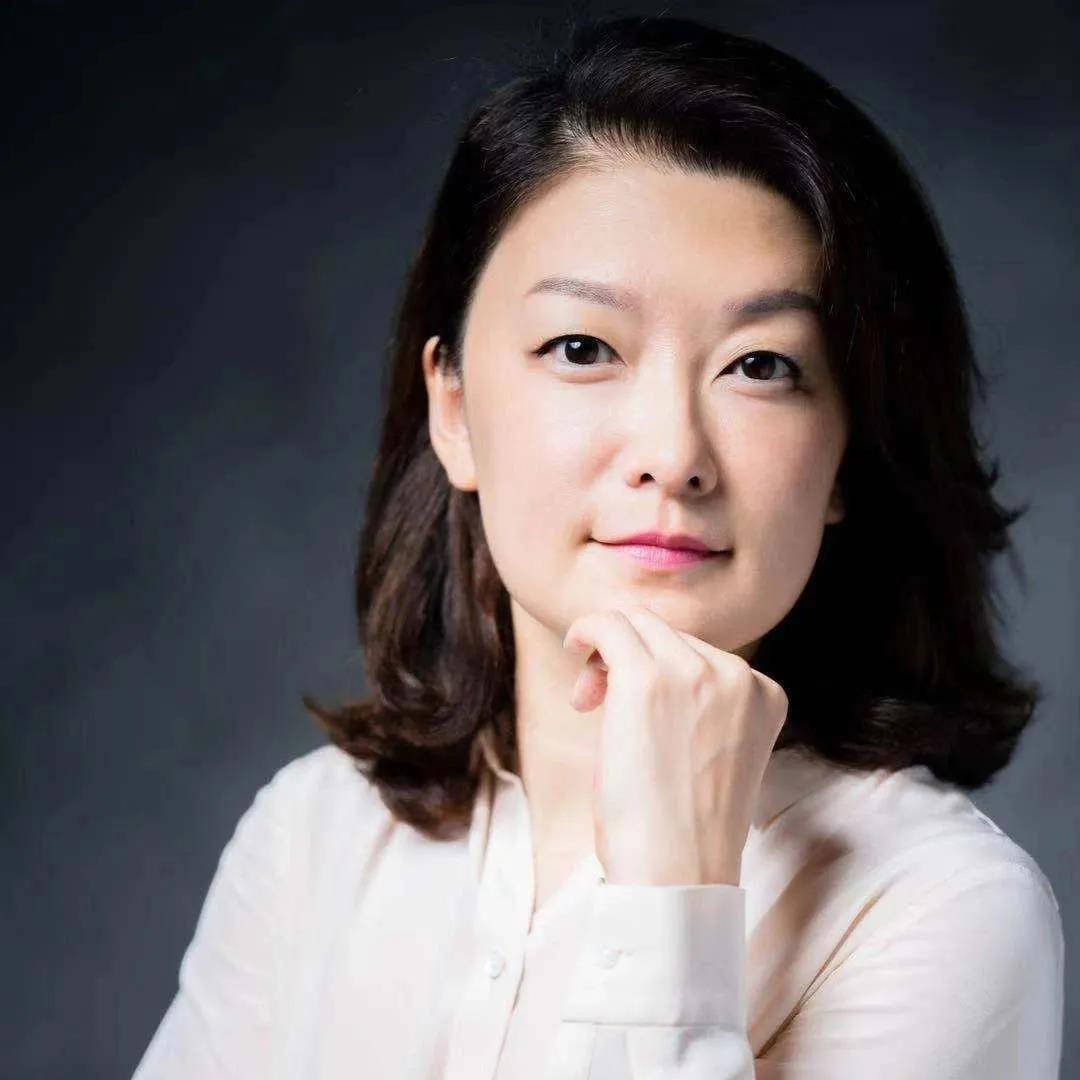
Wei Zhang
张薇自2015年起担任联合国开发计划署(UNDP)助理驻华代表, 拥有16年的联合国工作经验,目前全面负责战略传播、创新、合作伙伴关系与项目管理等工作。在此之前,她担任联合国开发计划署驻华代表处传播与合作伙伴关系负责人。此外,她曾于2016年至2019年期间担任联合国驻华系统传播小组主席。
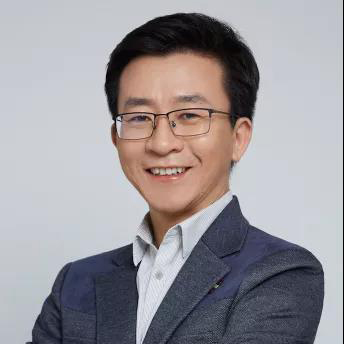
Rui Guo
中国人民大学副教授,未来法治研究院社会责任与治理研究中心主任。国家标准委人工智能标准化总体组社会伦理专题组负责人,全国信息技术标准化技术委员会人工智能分委会委员,全国信息技术标准化技术委员会界面交互分委会委员。研究方向包括公司法、金融管制、人工智能的伦理与治理、残障法等。

Weiwen Duan
中国社会科学院哲学所研究员、博士生导师,中国社会科学院科学技术和社会研究中心主任。主要研究方向为科学哲学、技术哲学、信息哲学、科技伦理、科学技术与社会研究等,当前关注大数据与人工智能的哲学、伦理及社会问题,当代科学知识的形态、科学研究模式、科学无知等。



